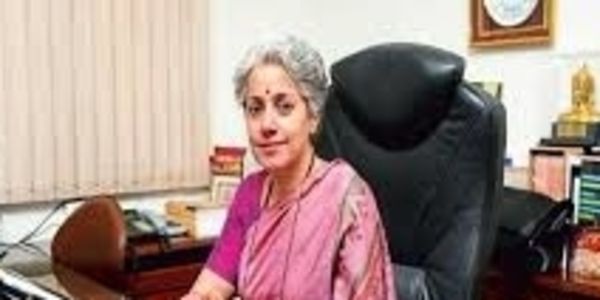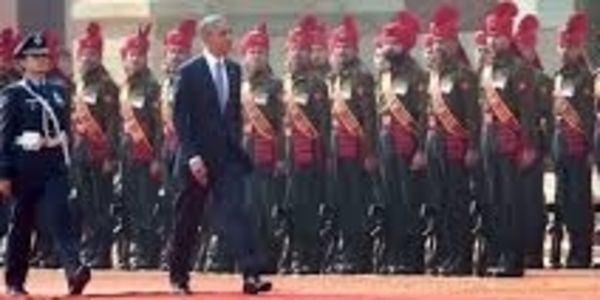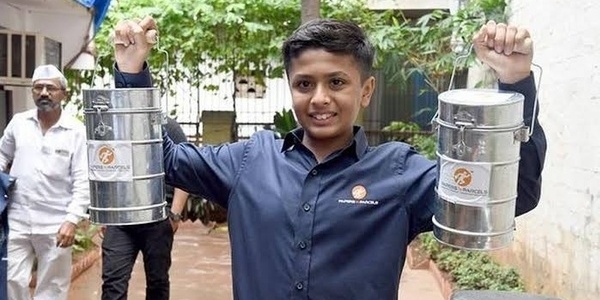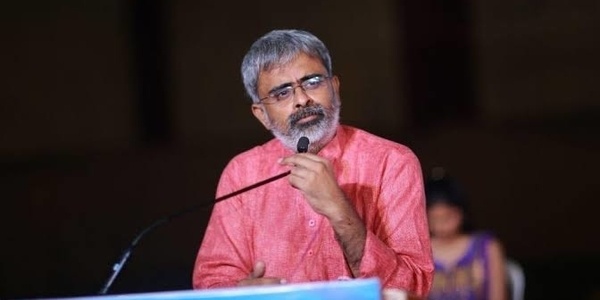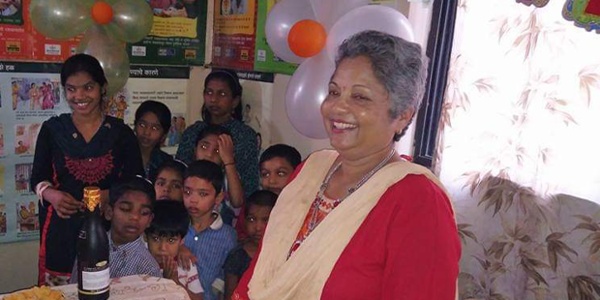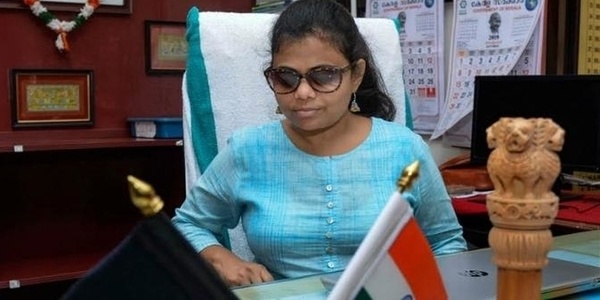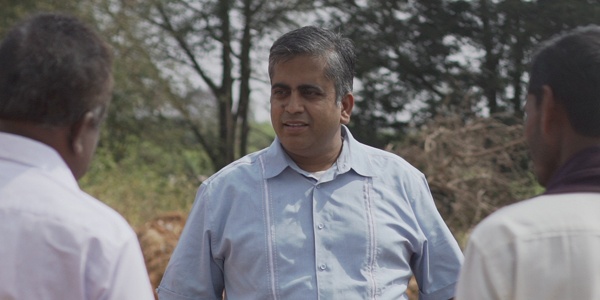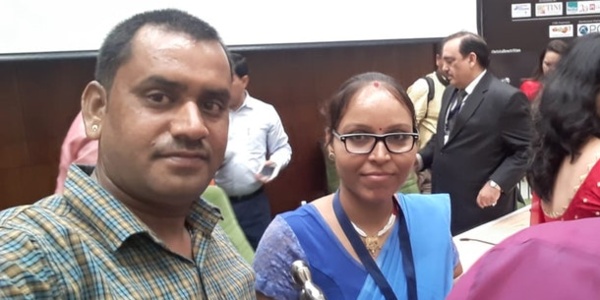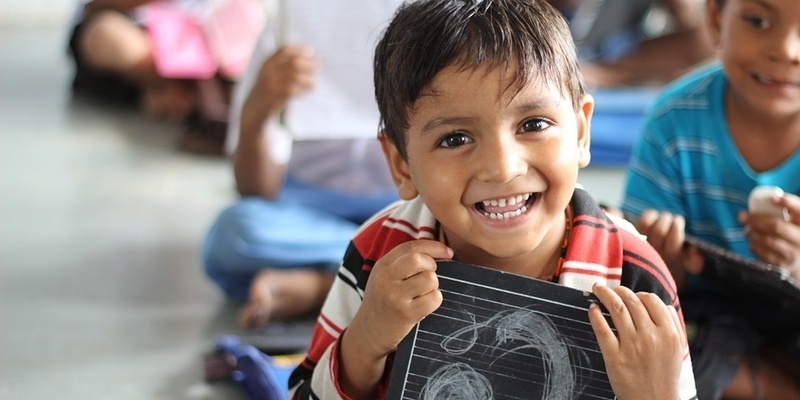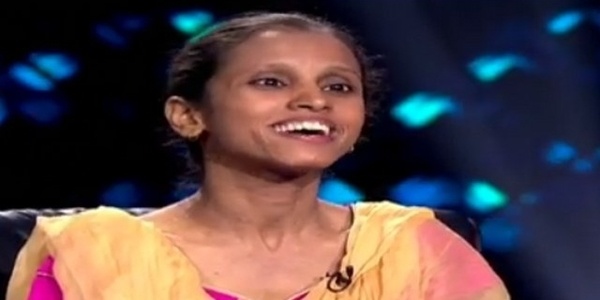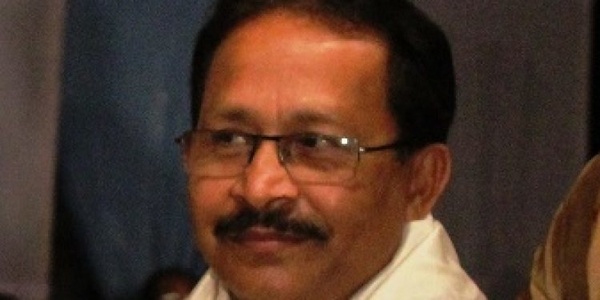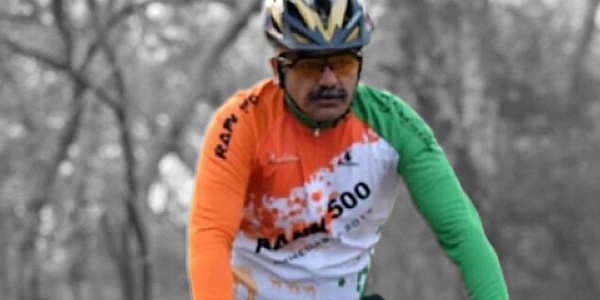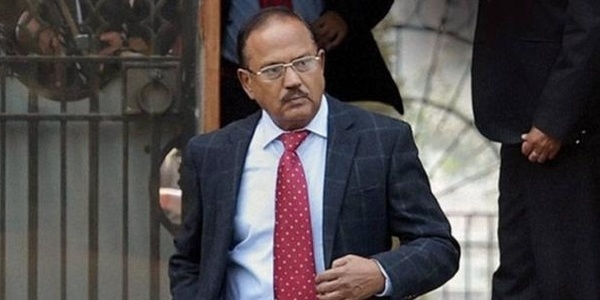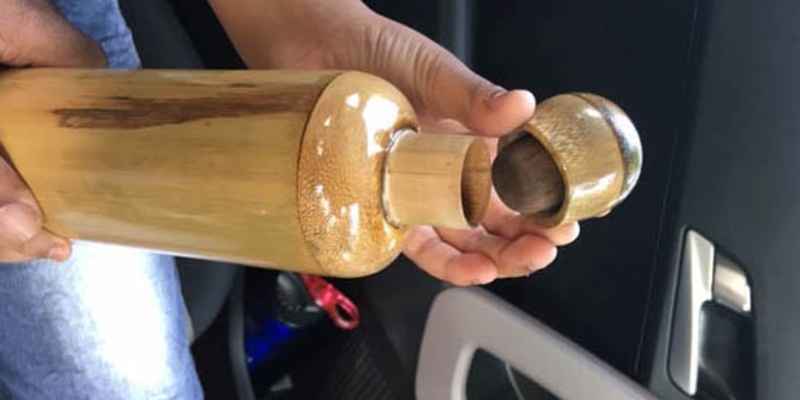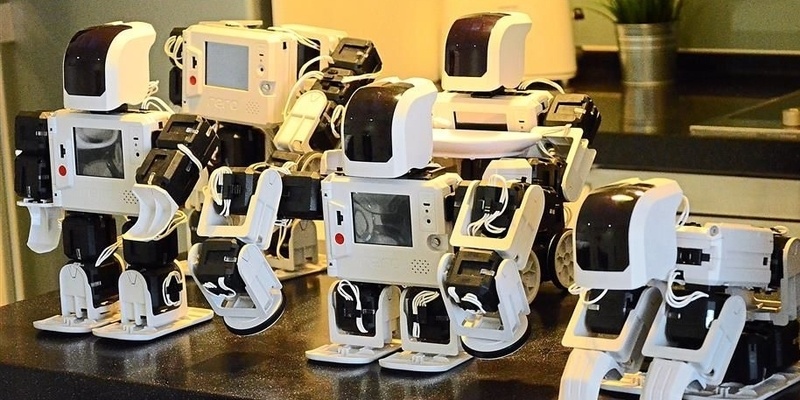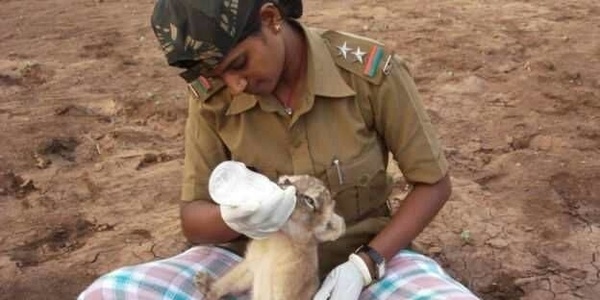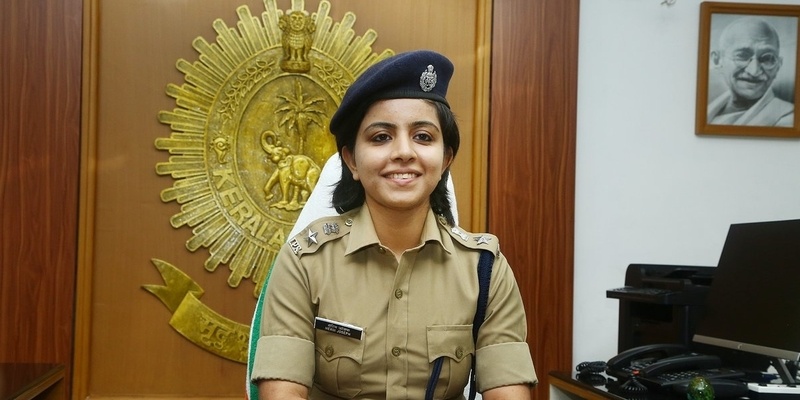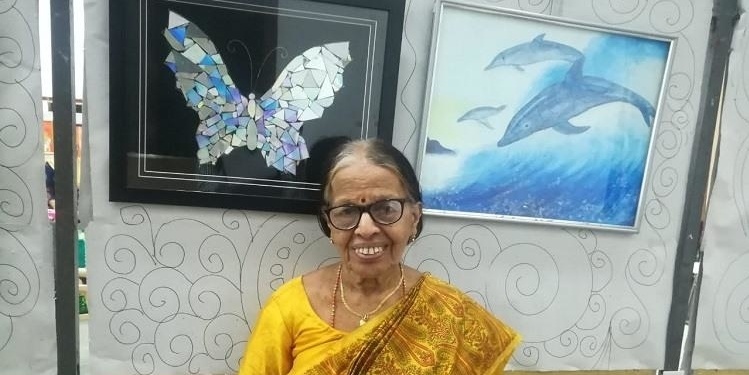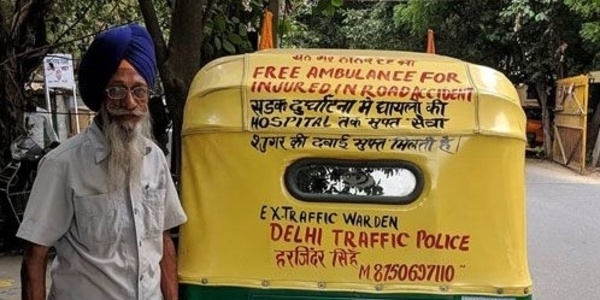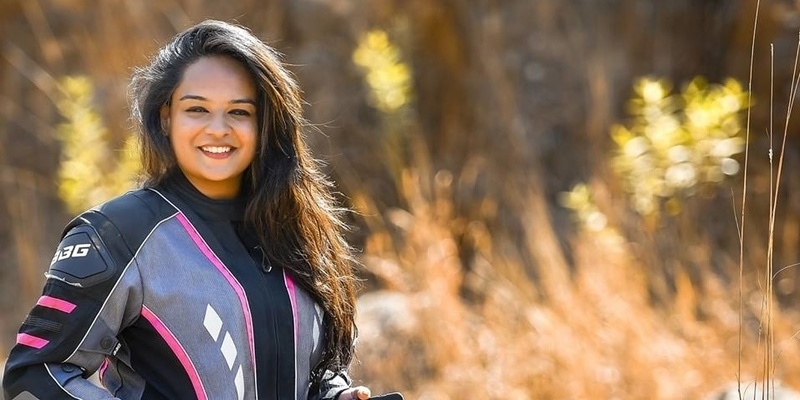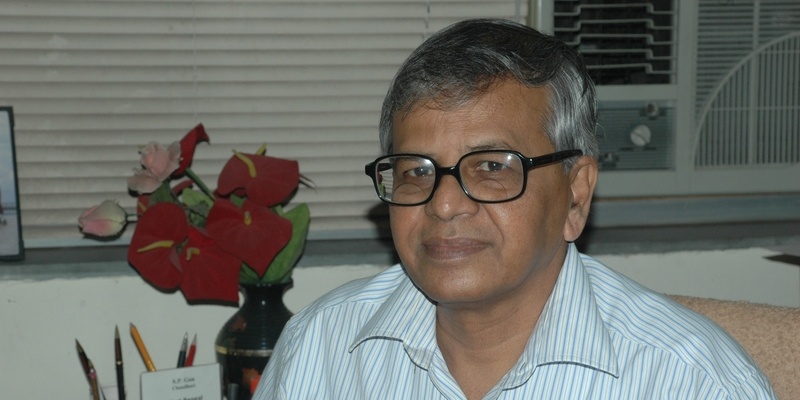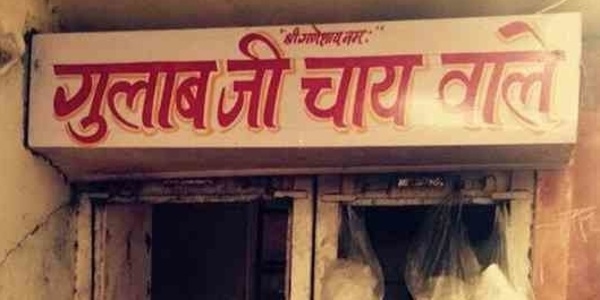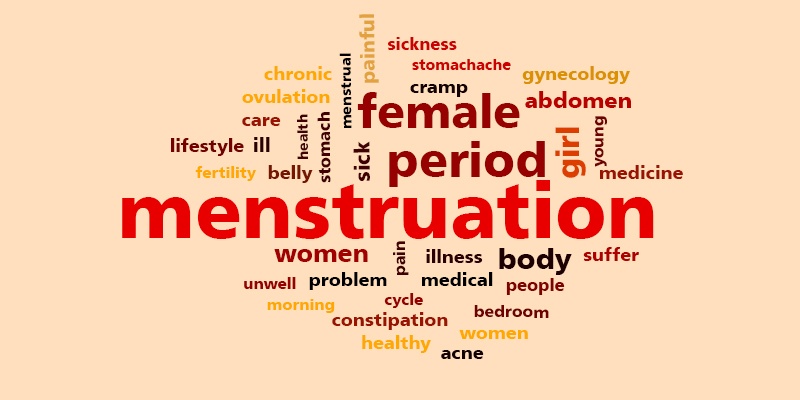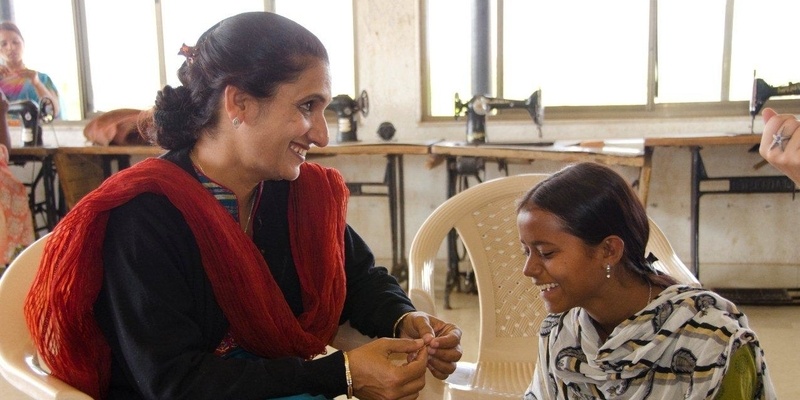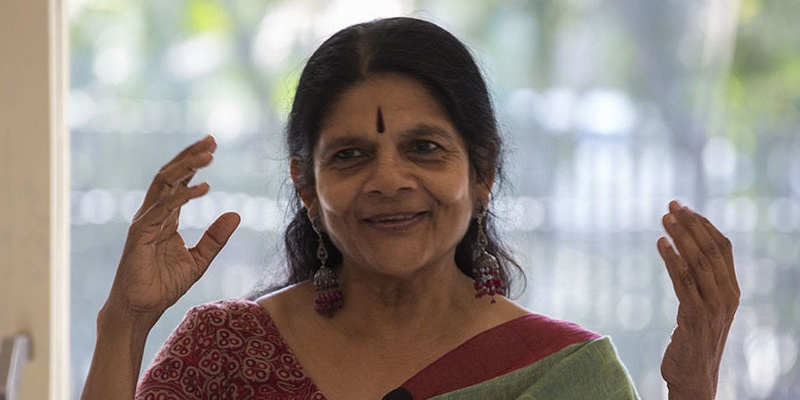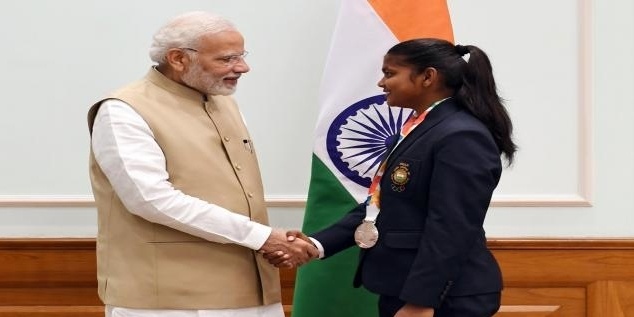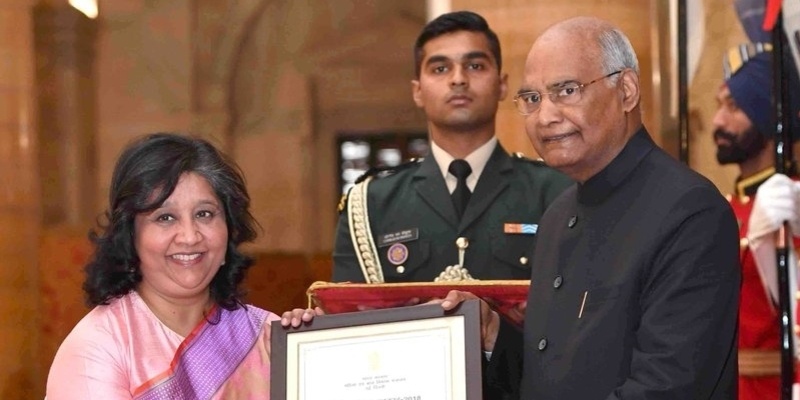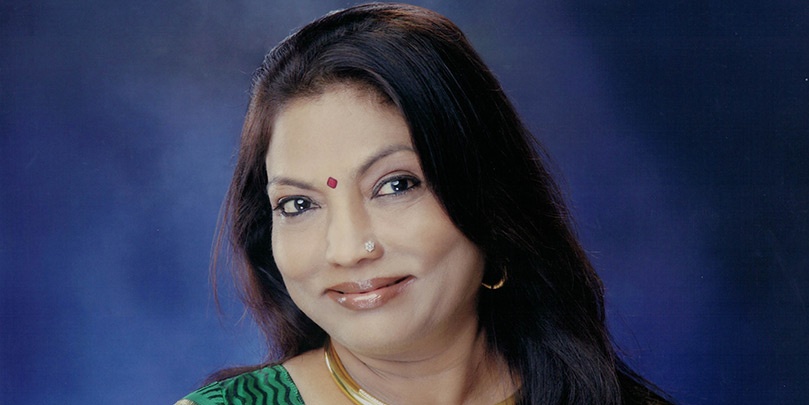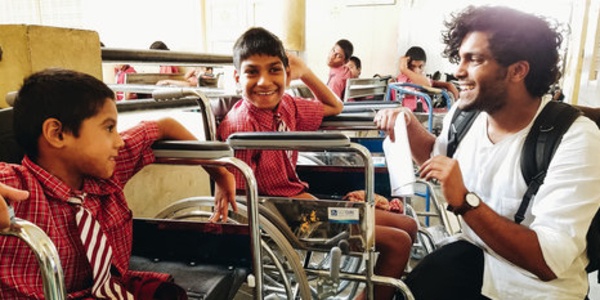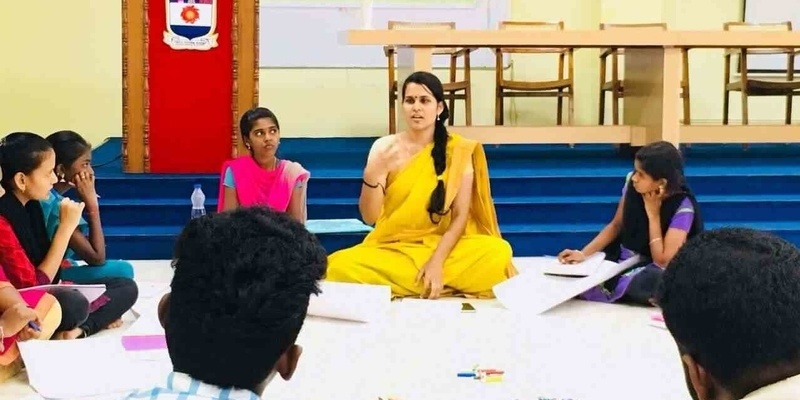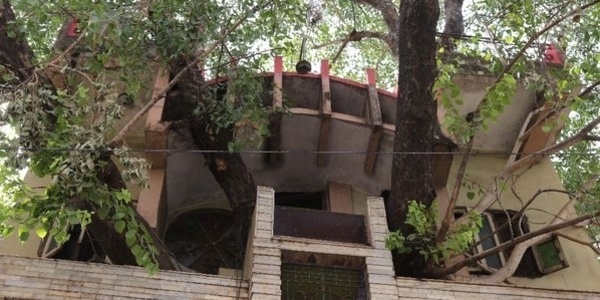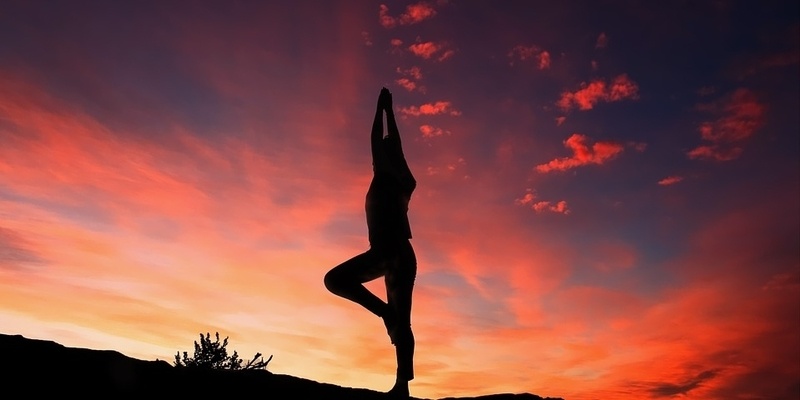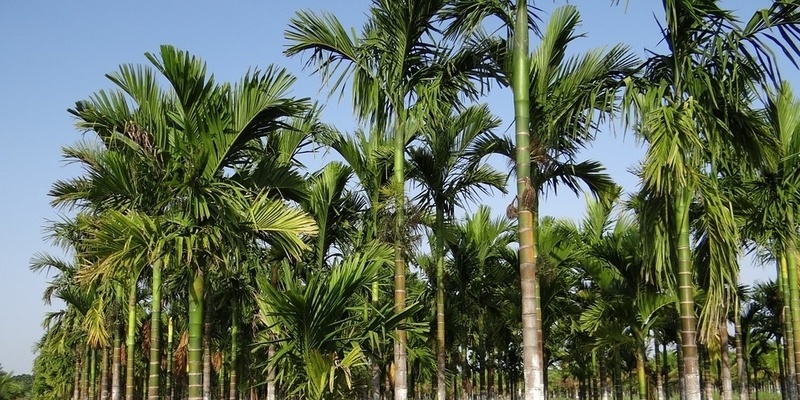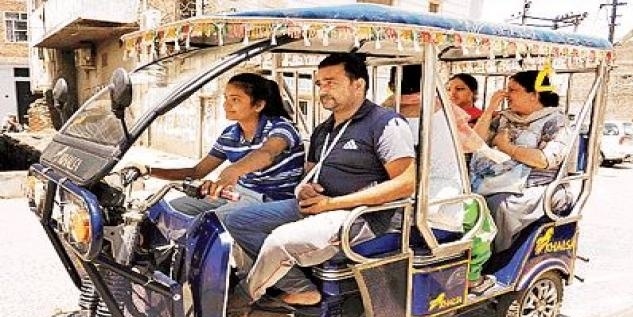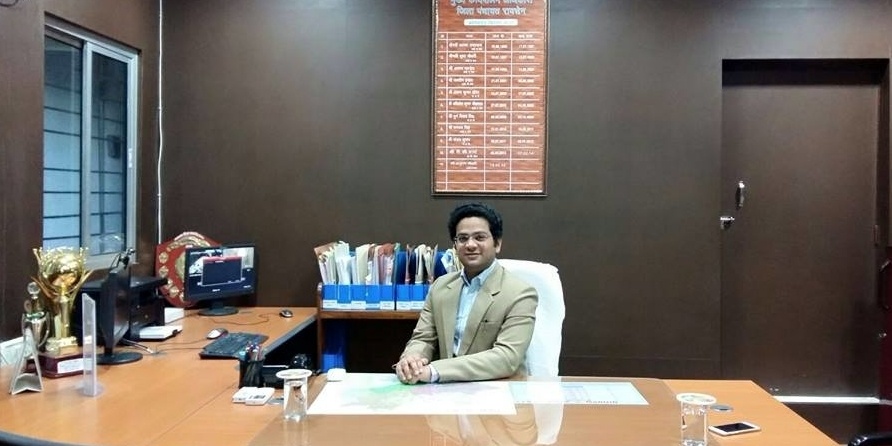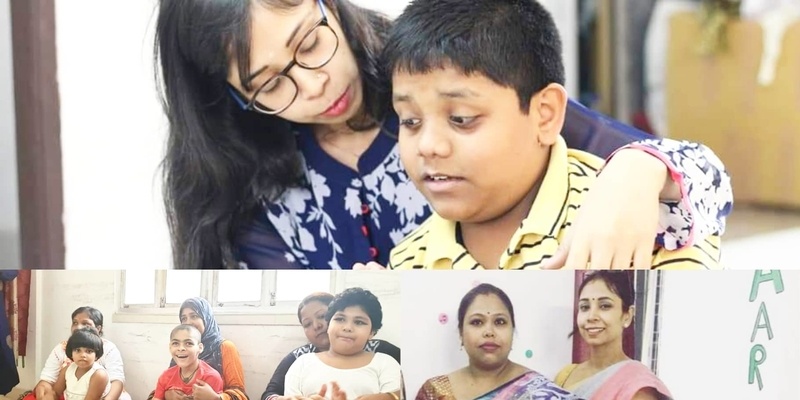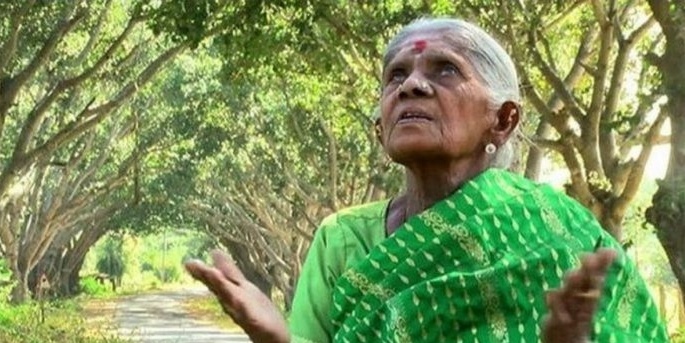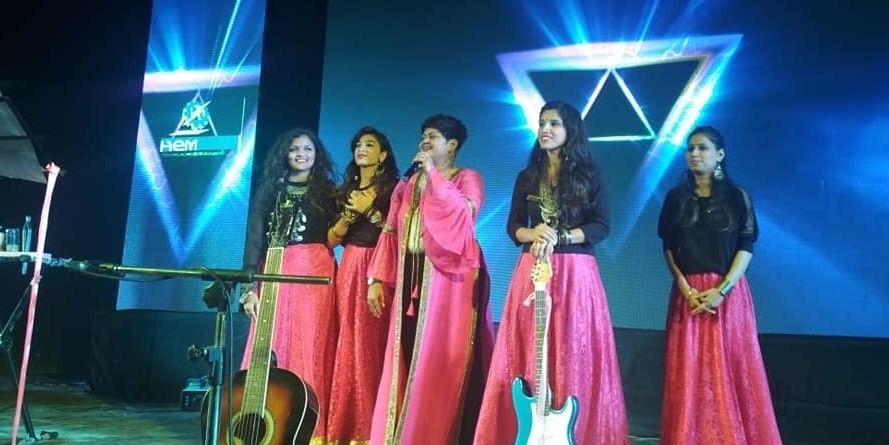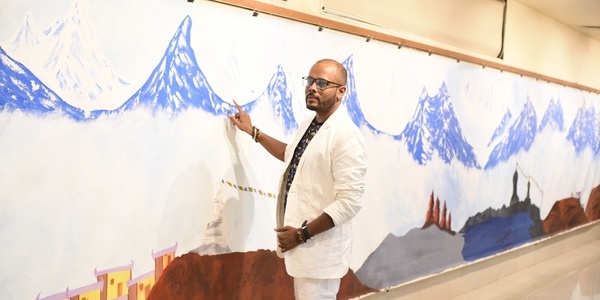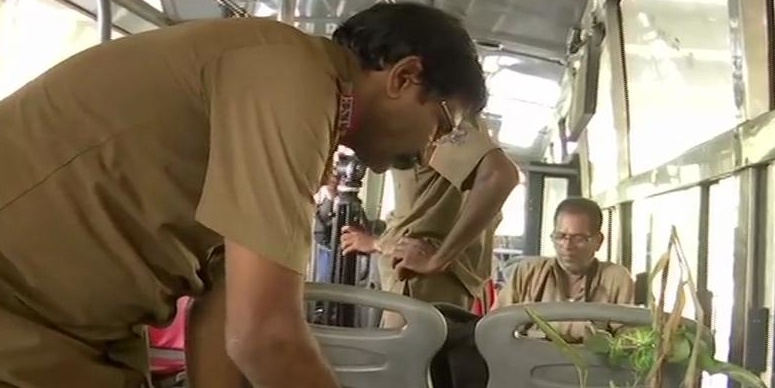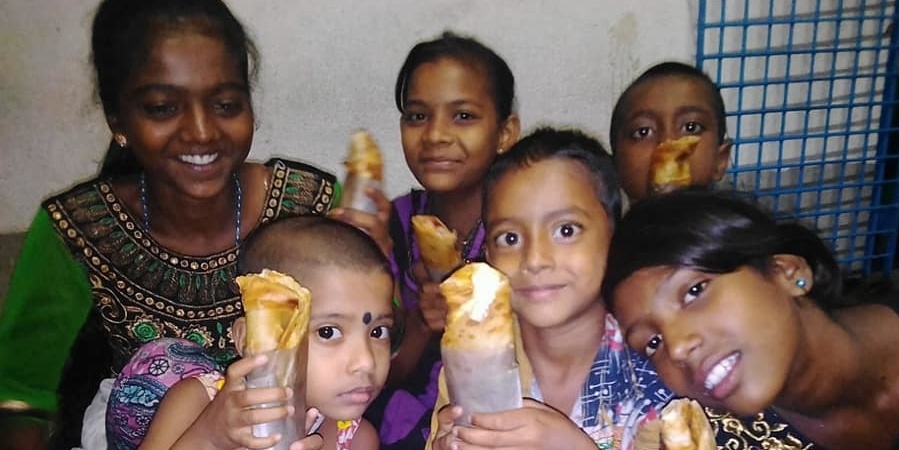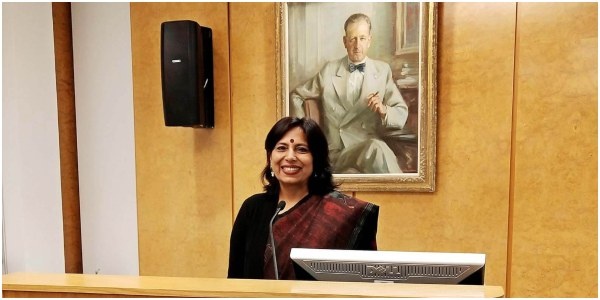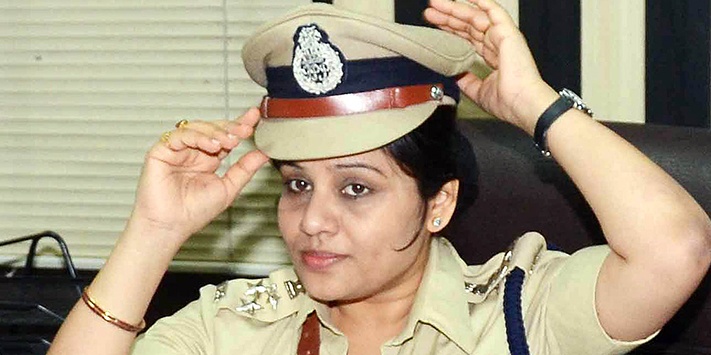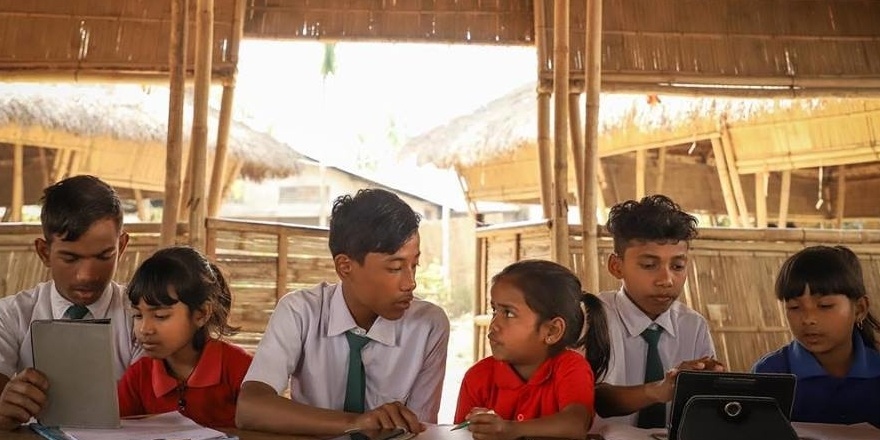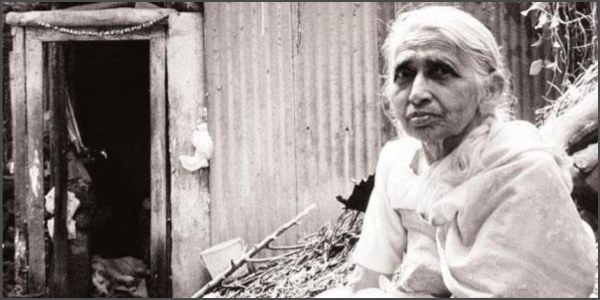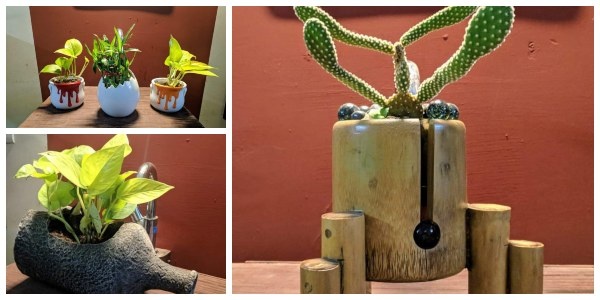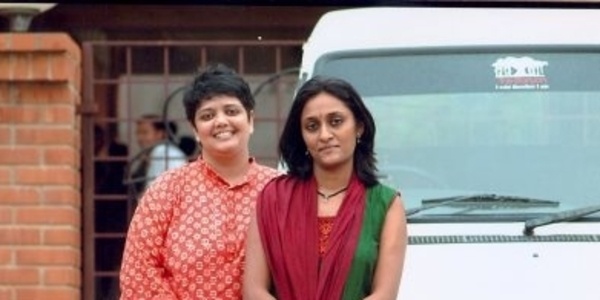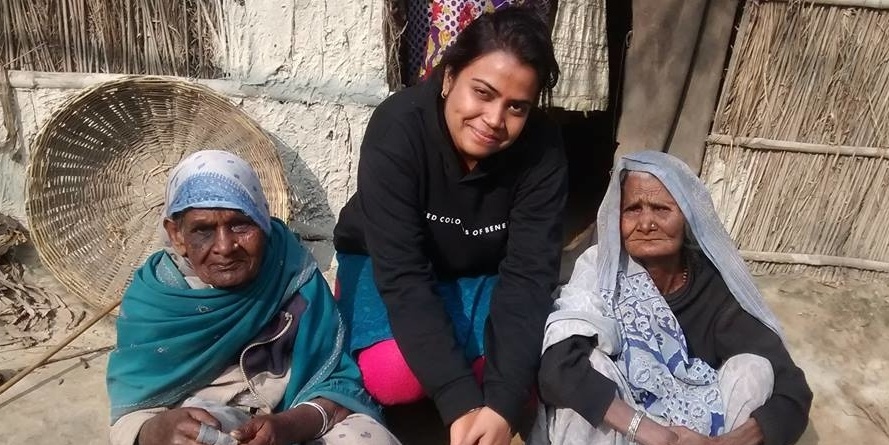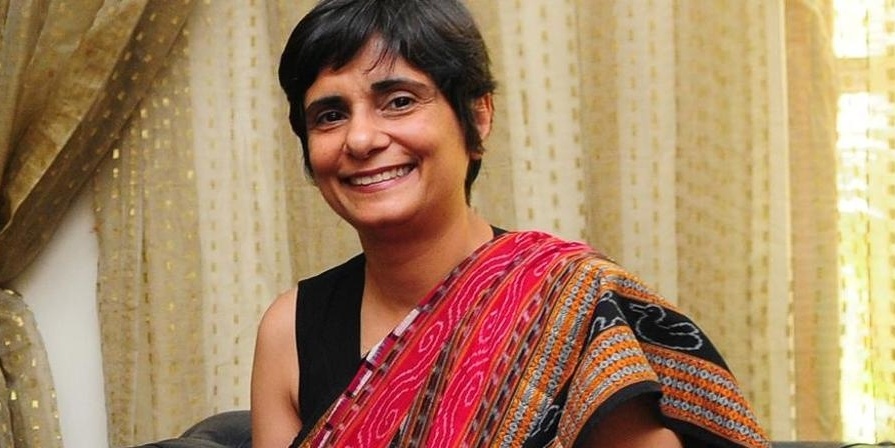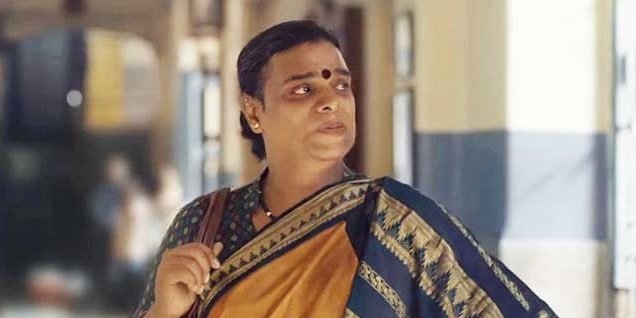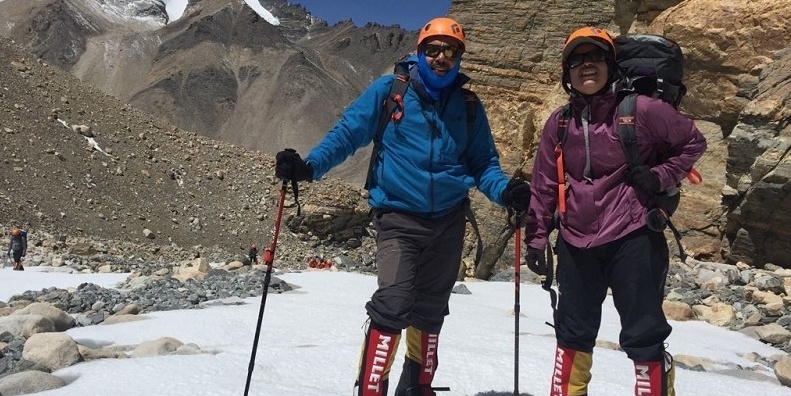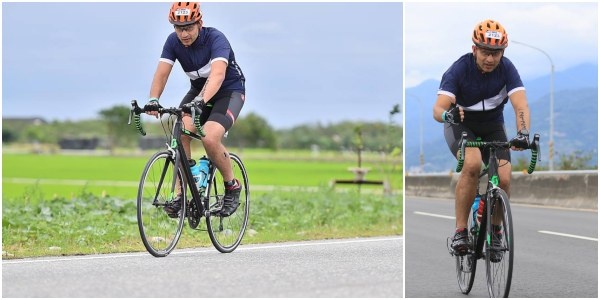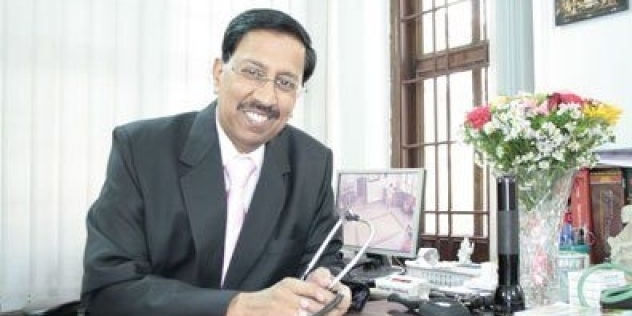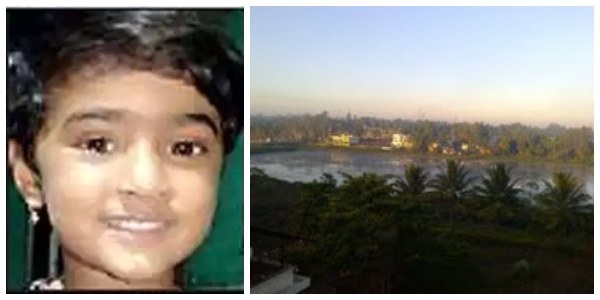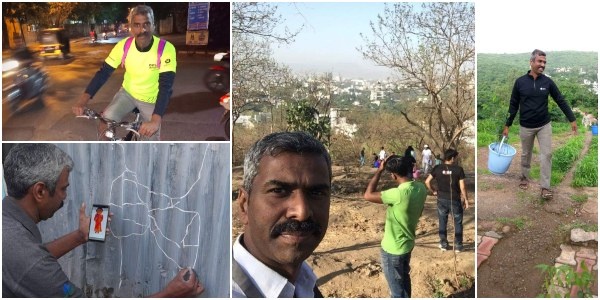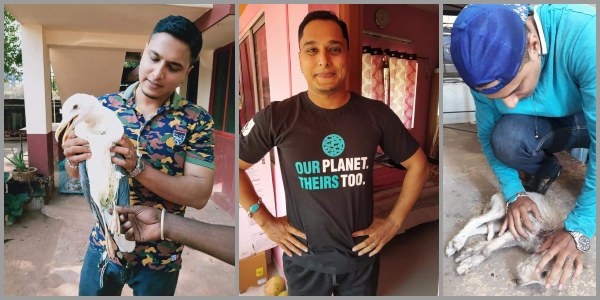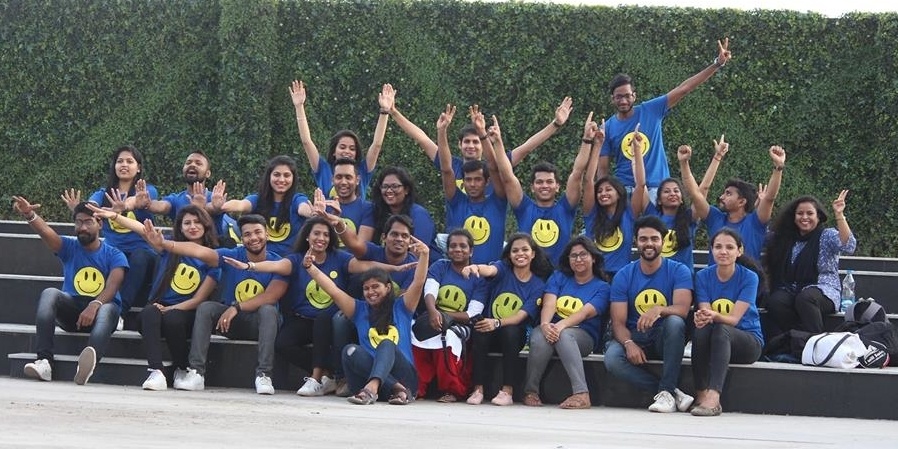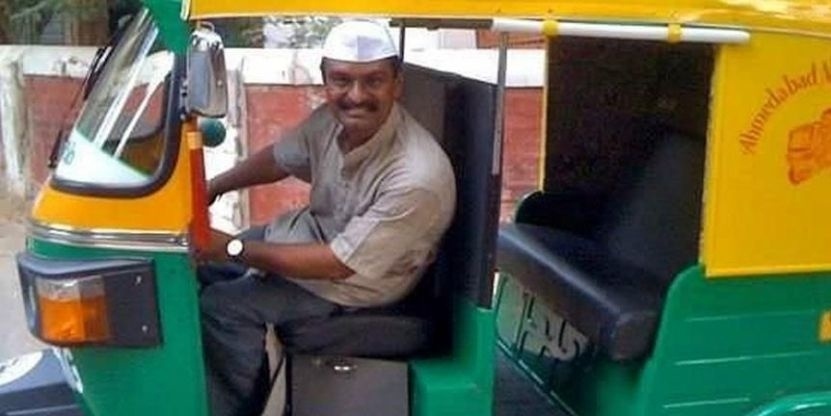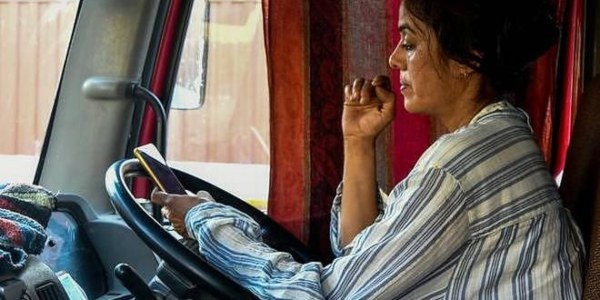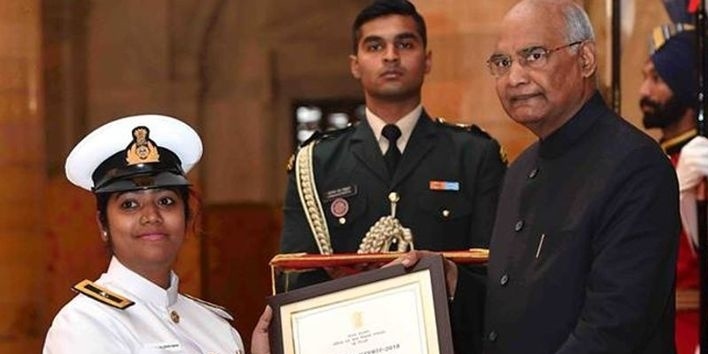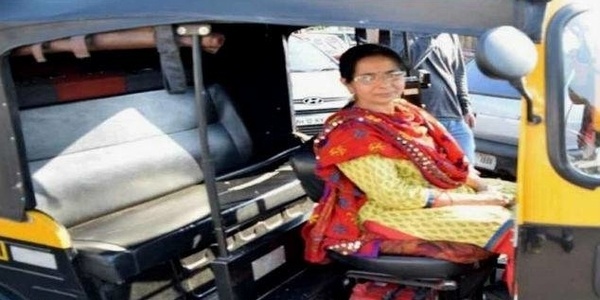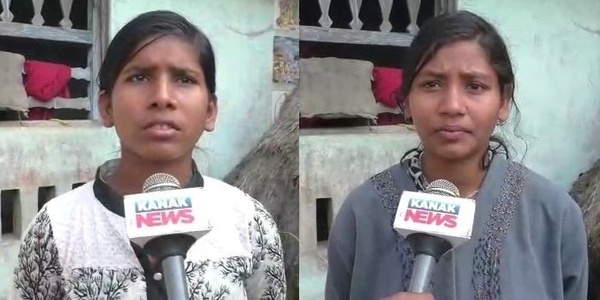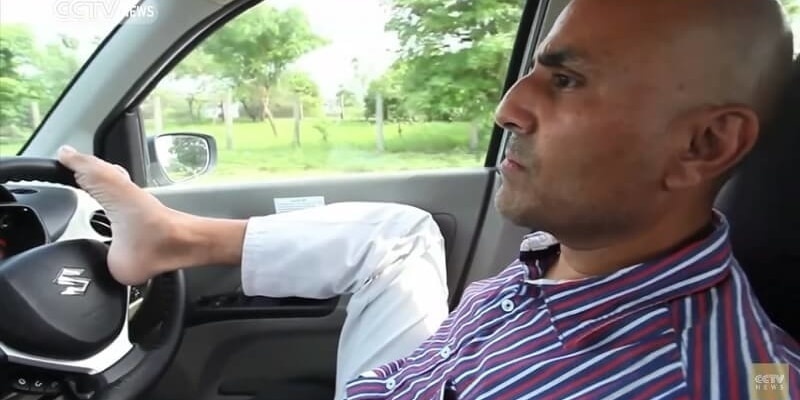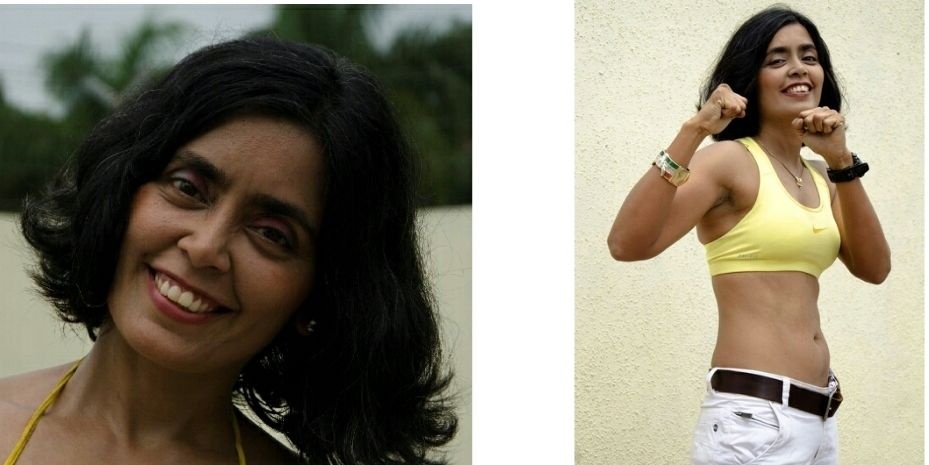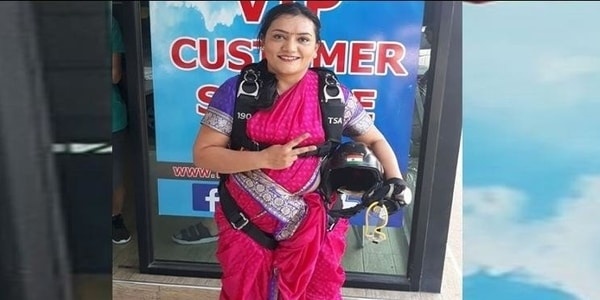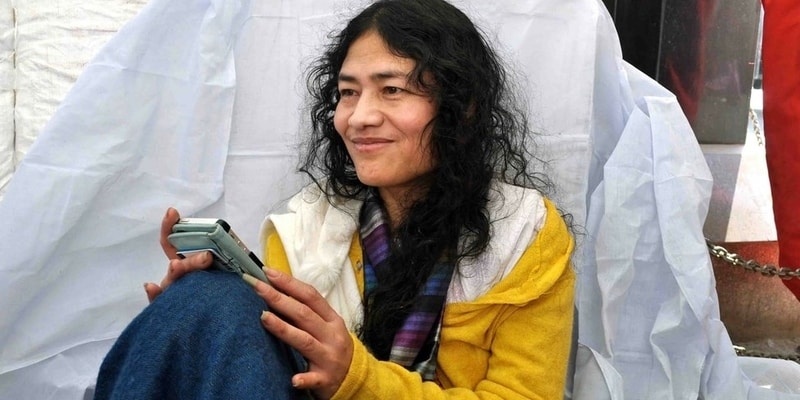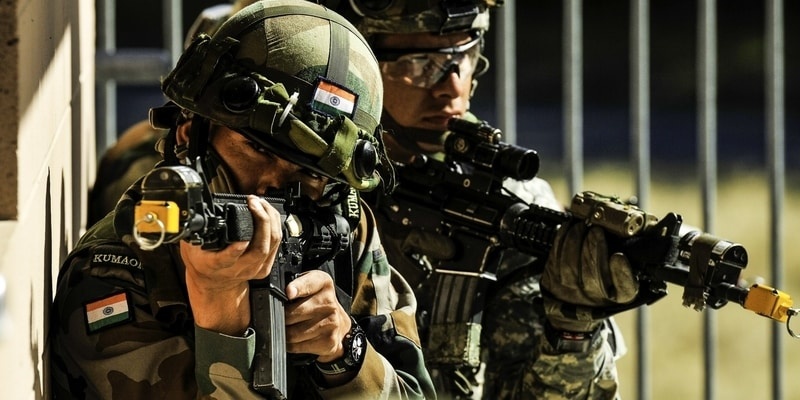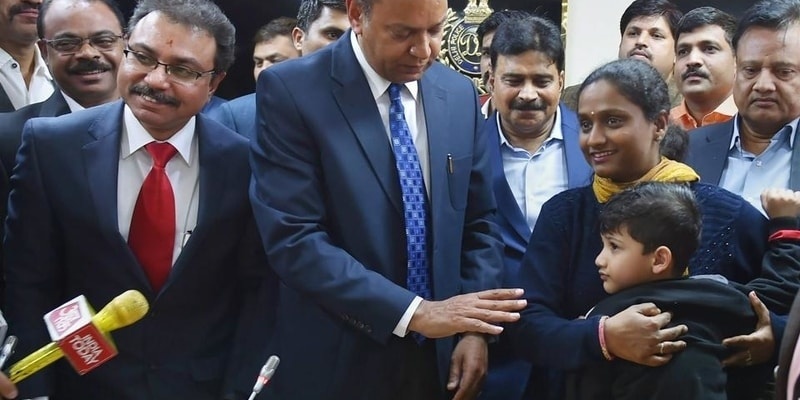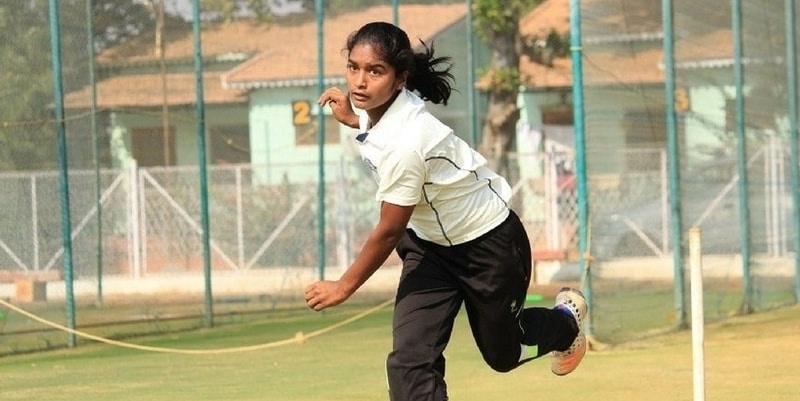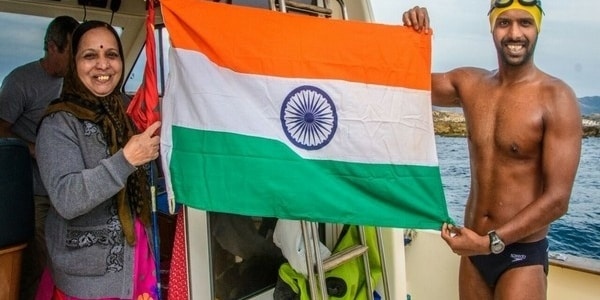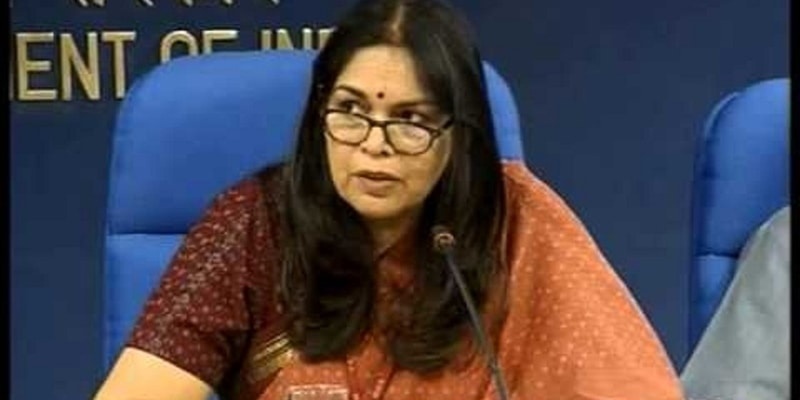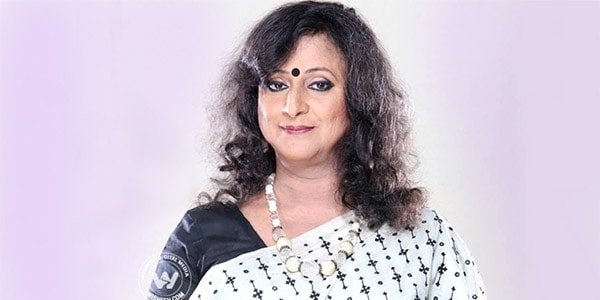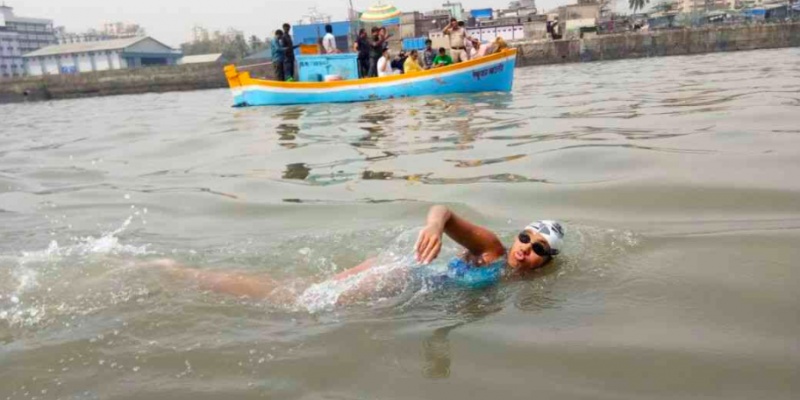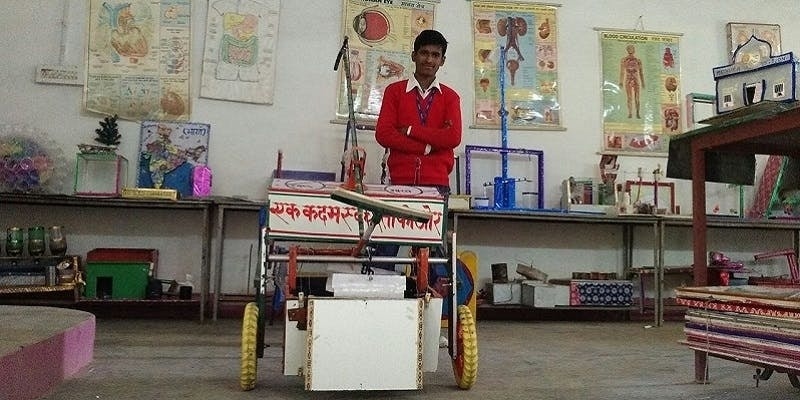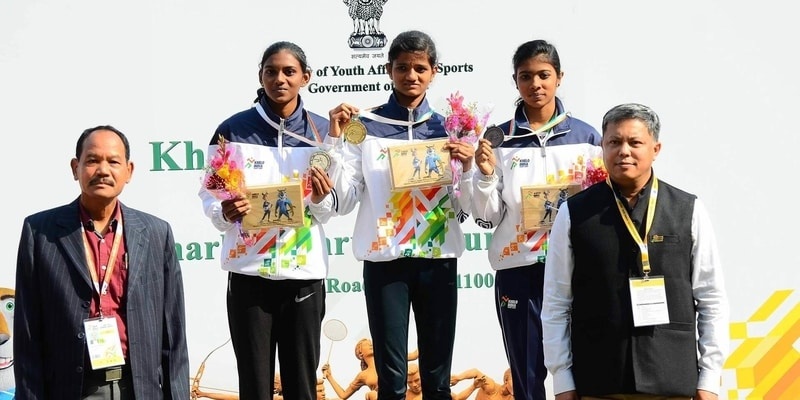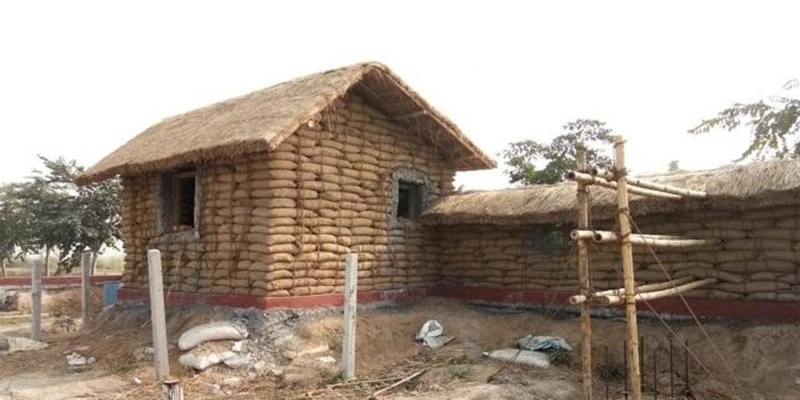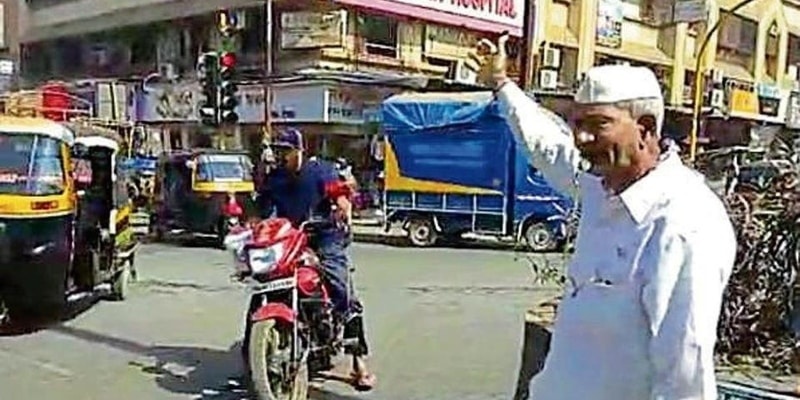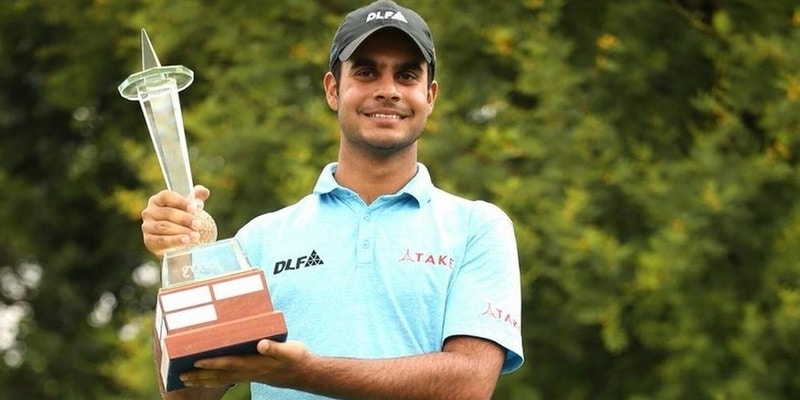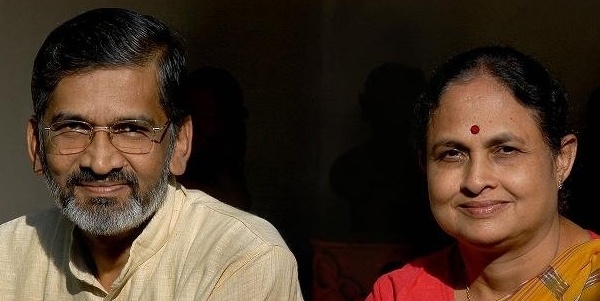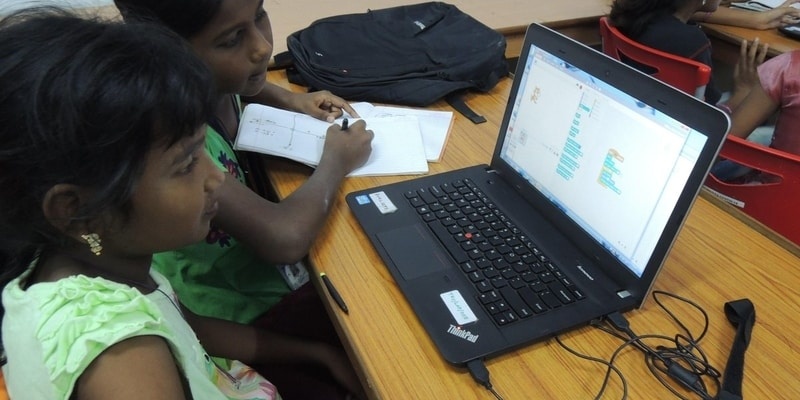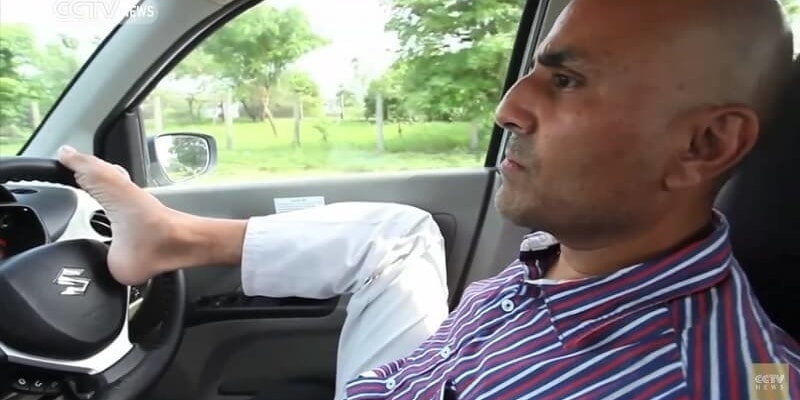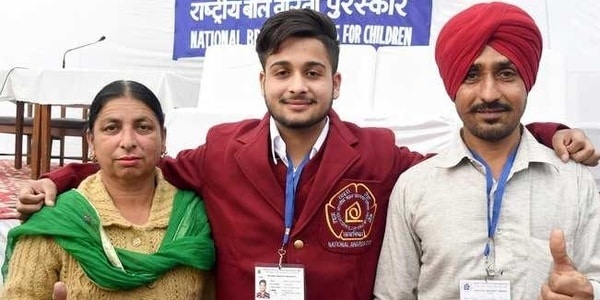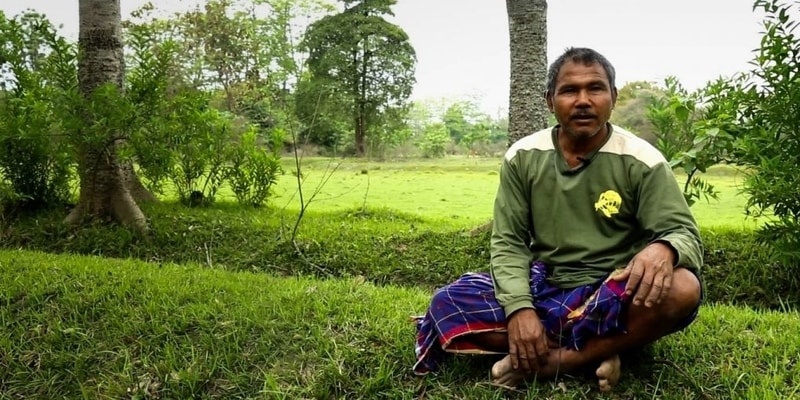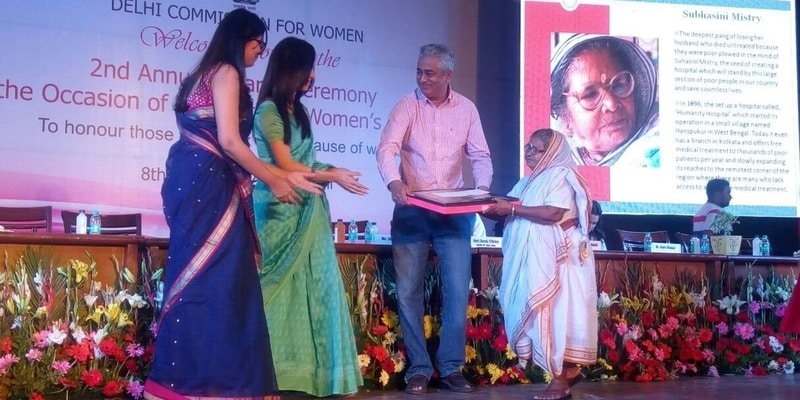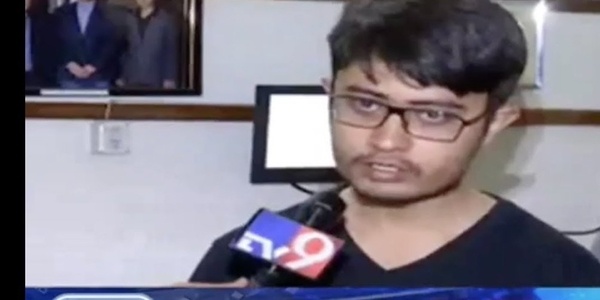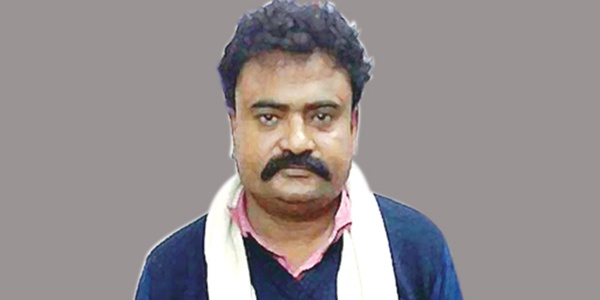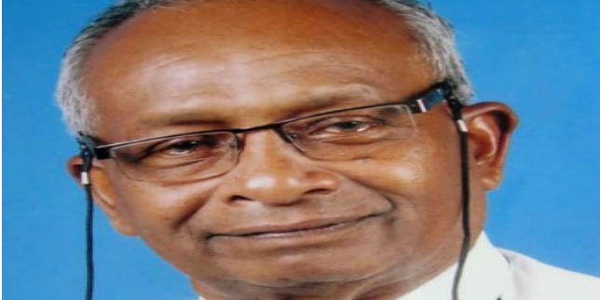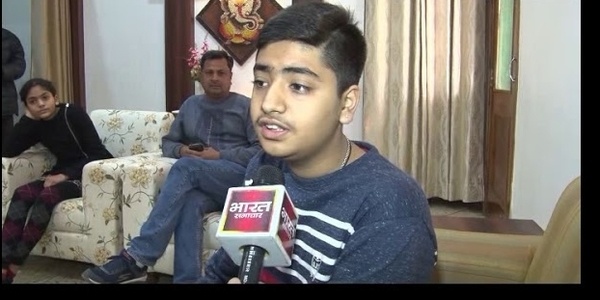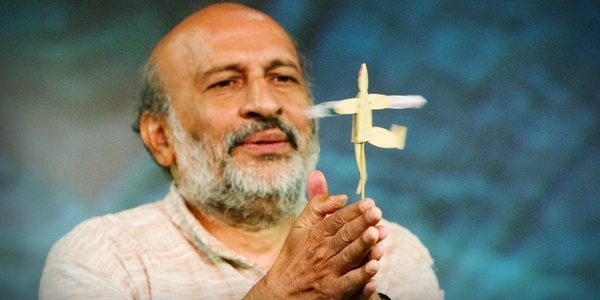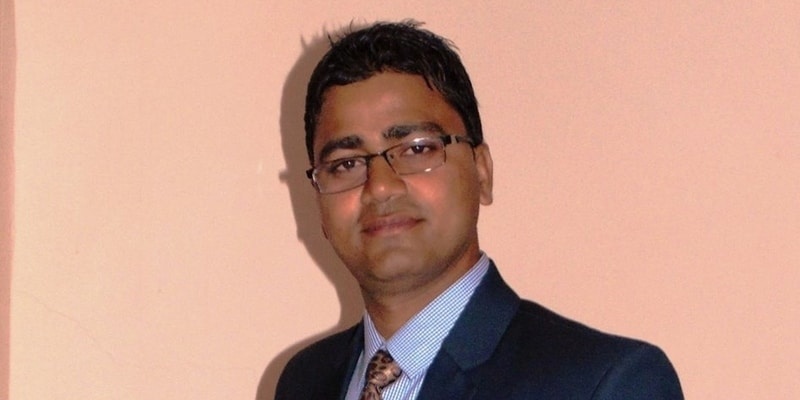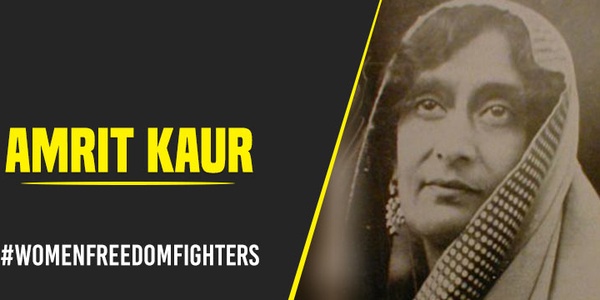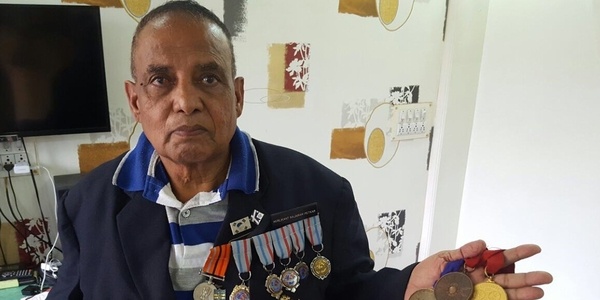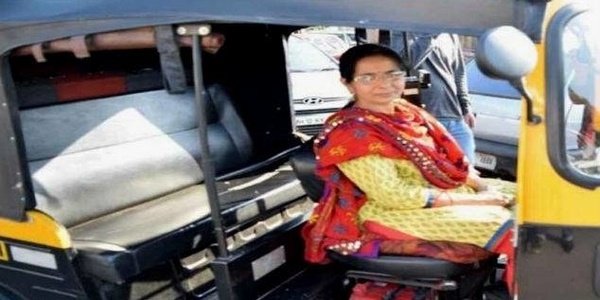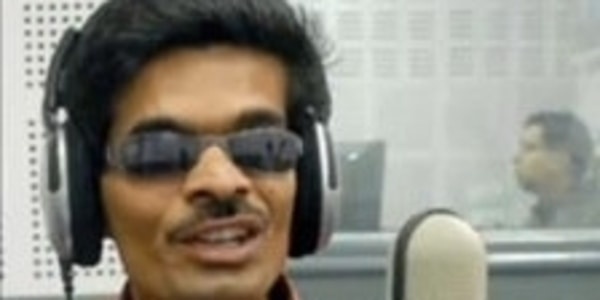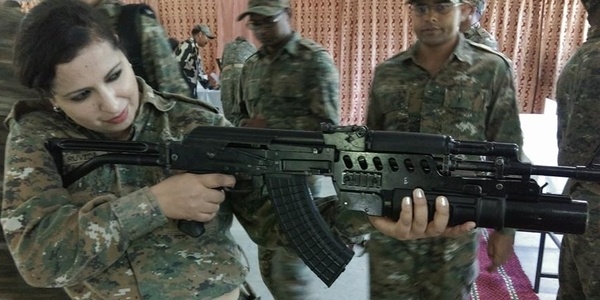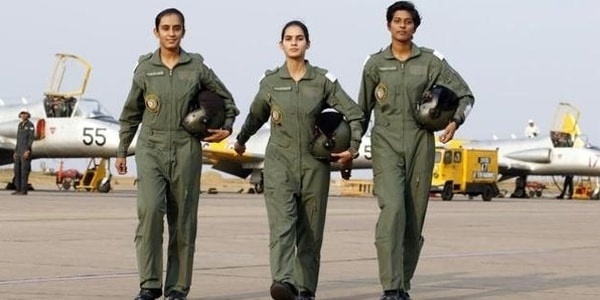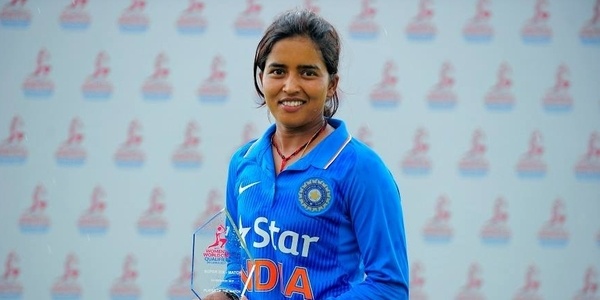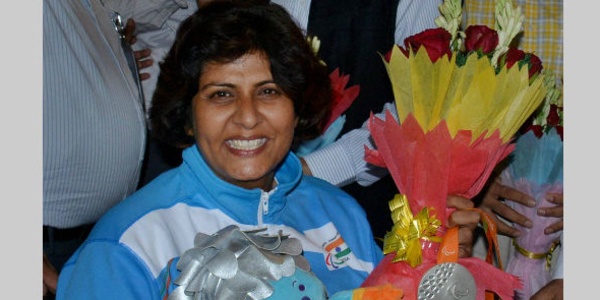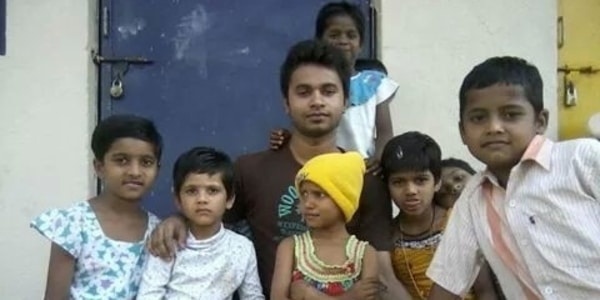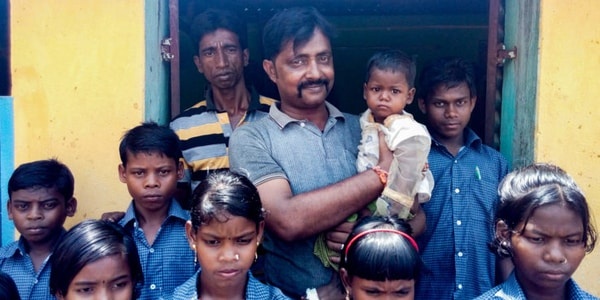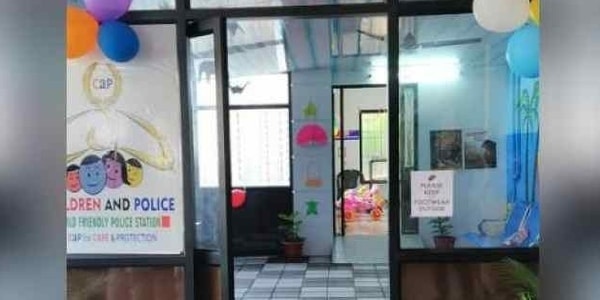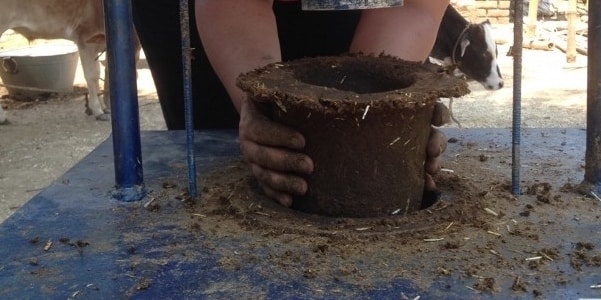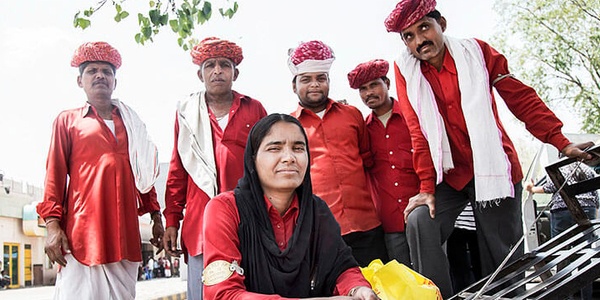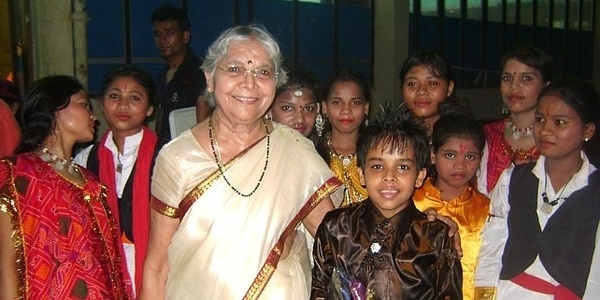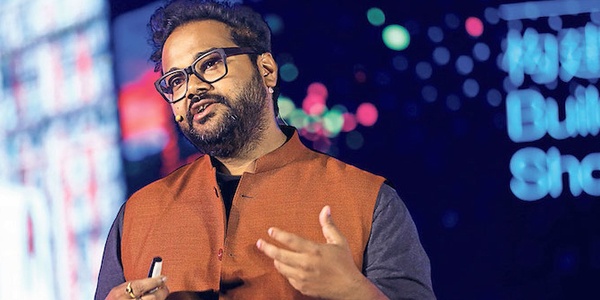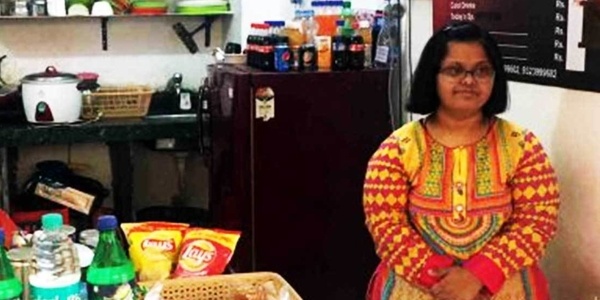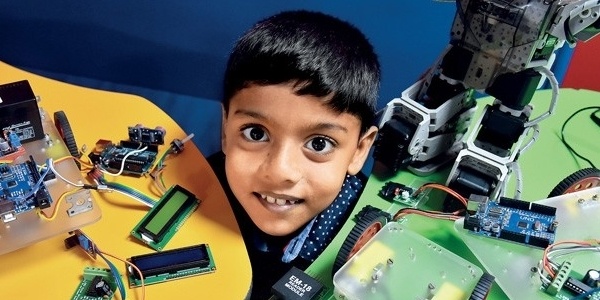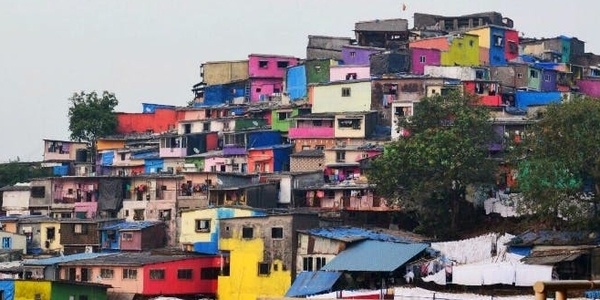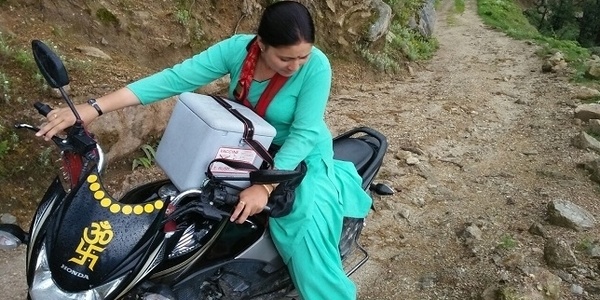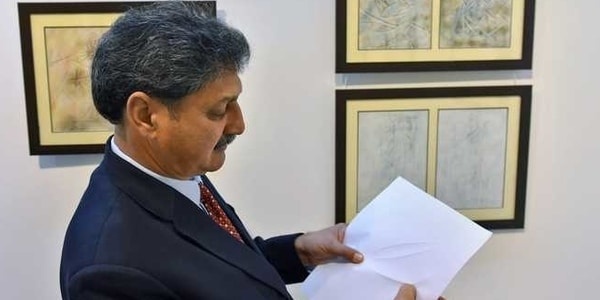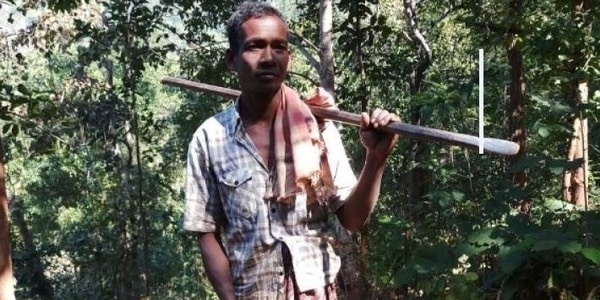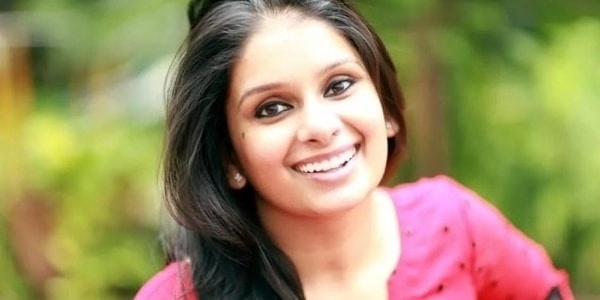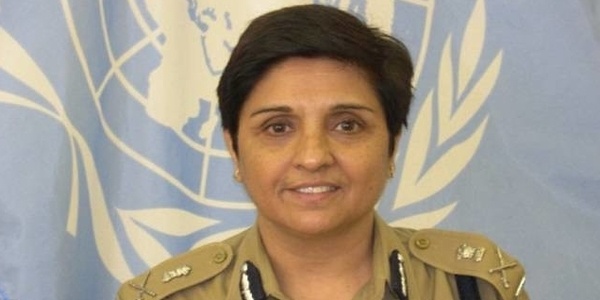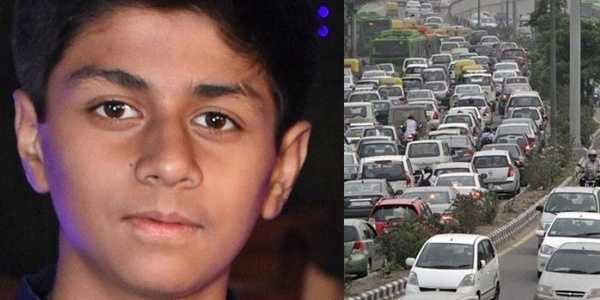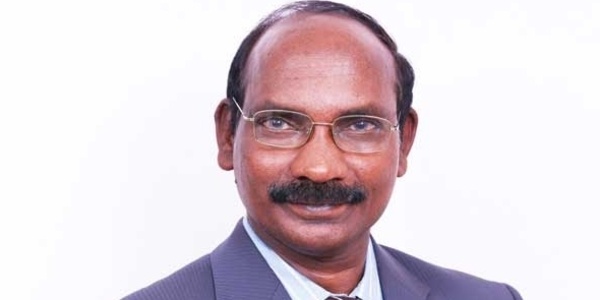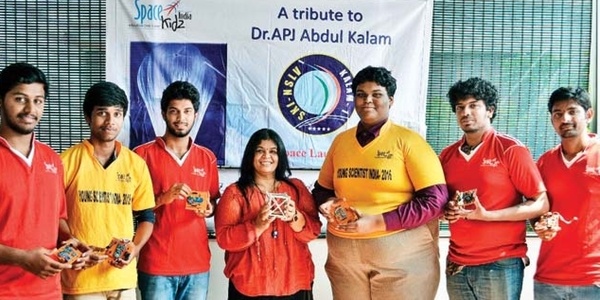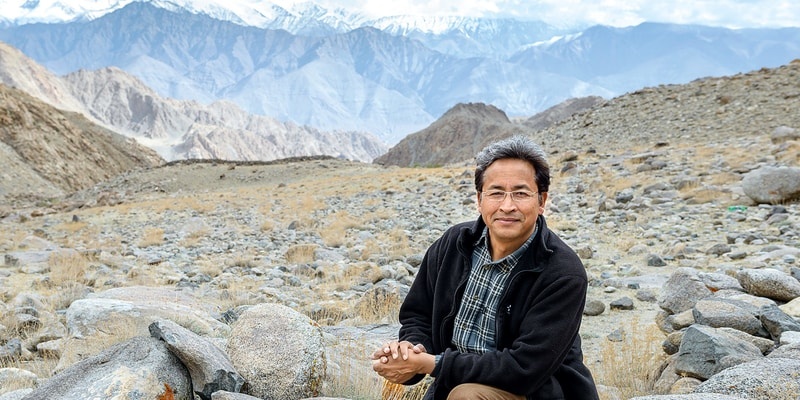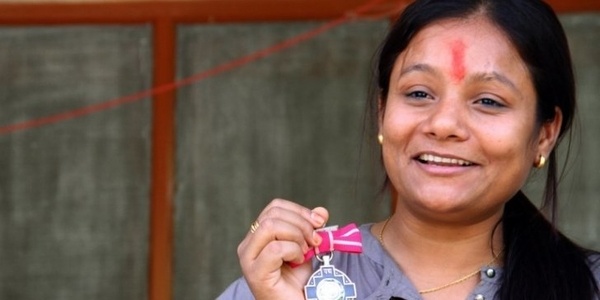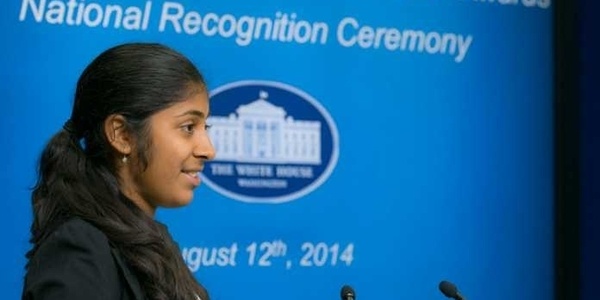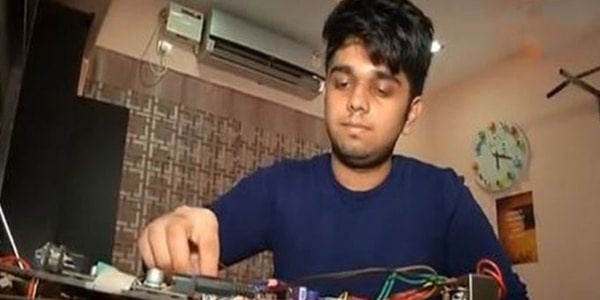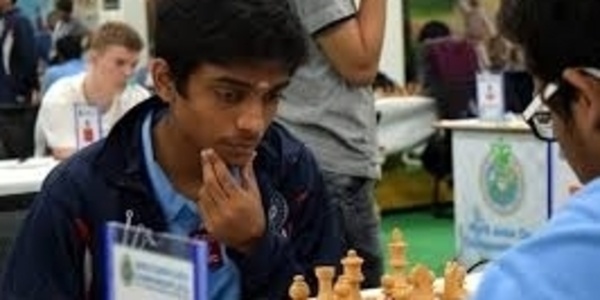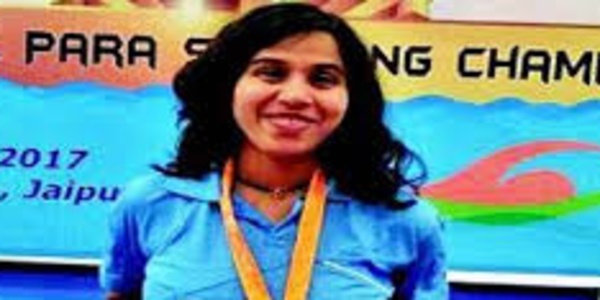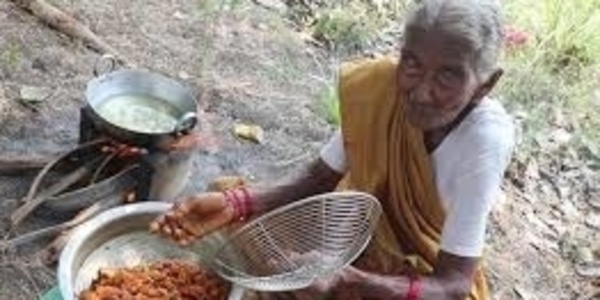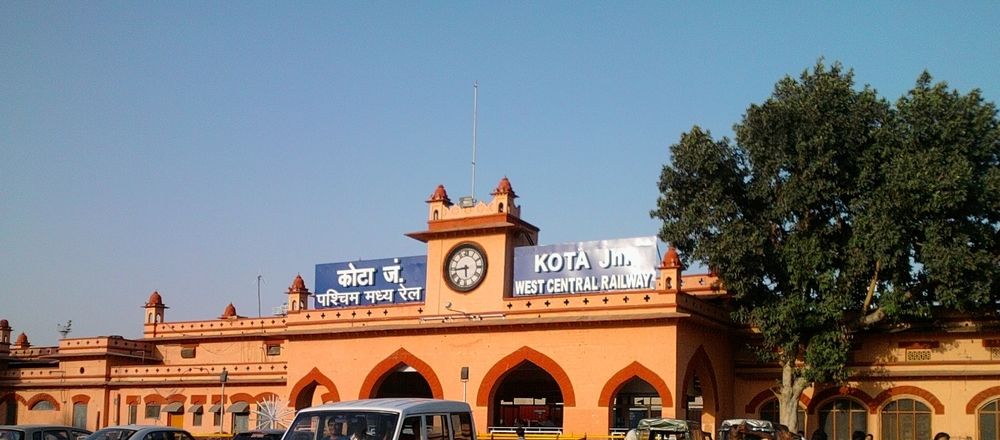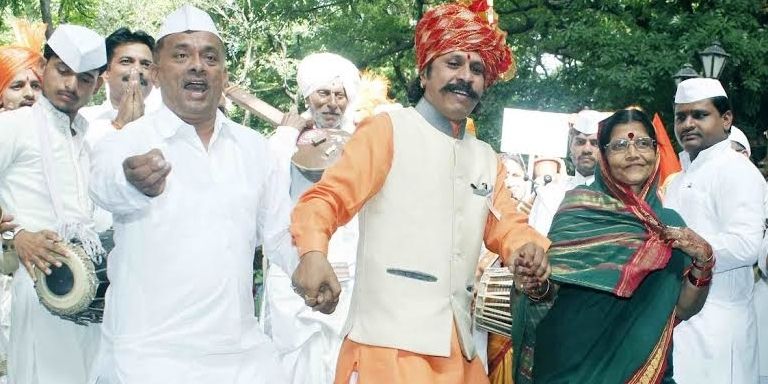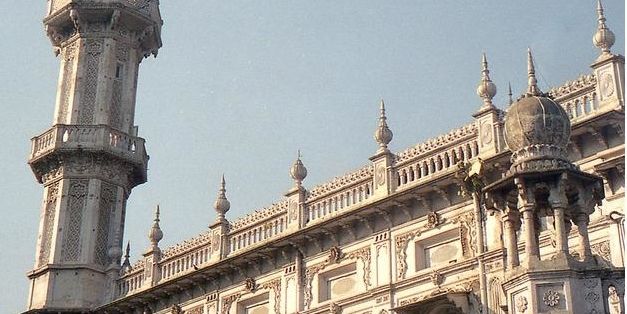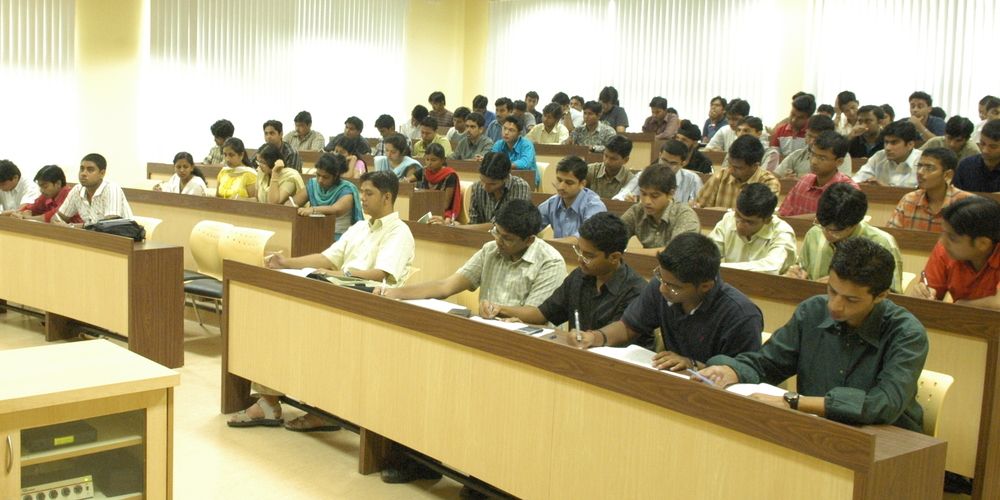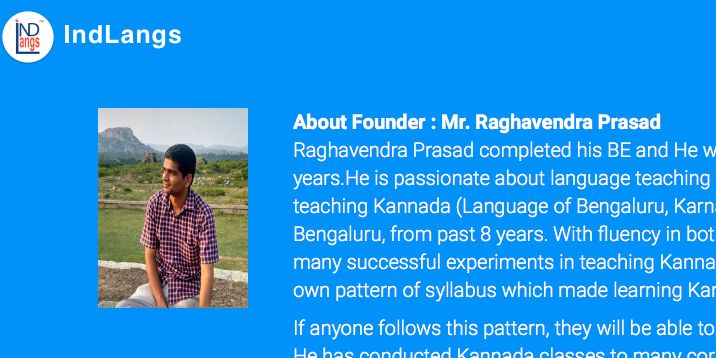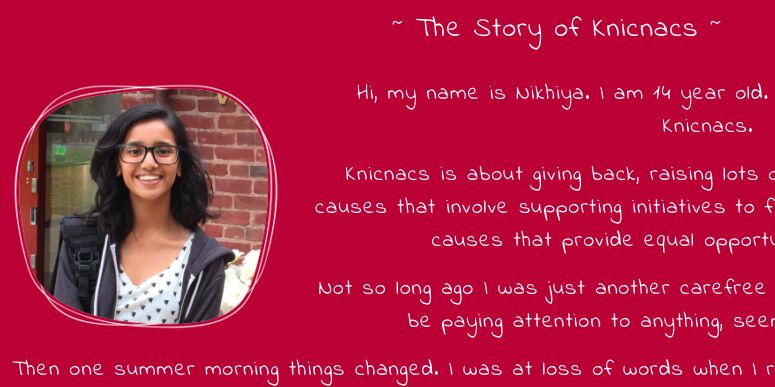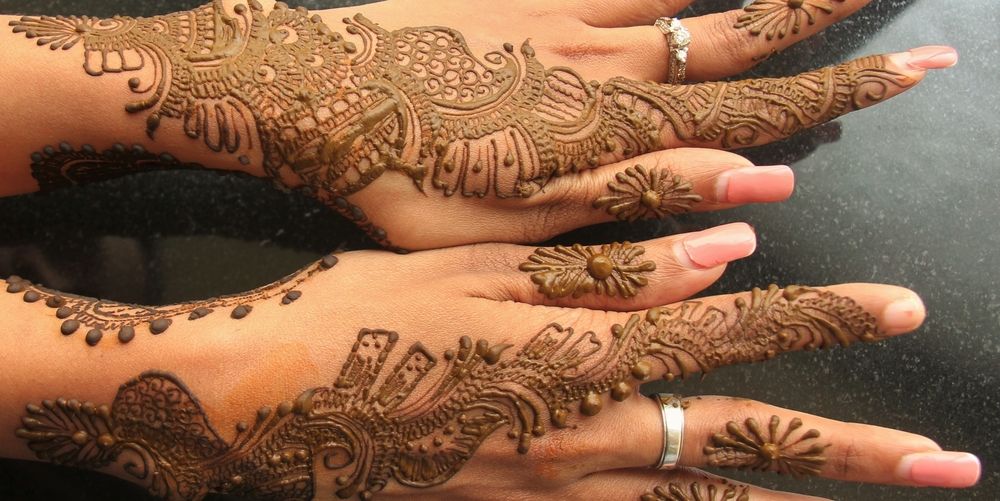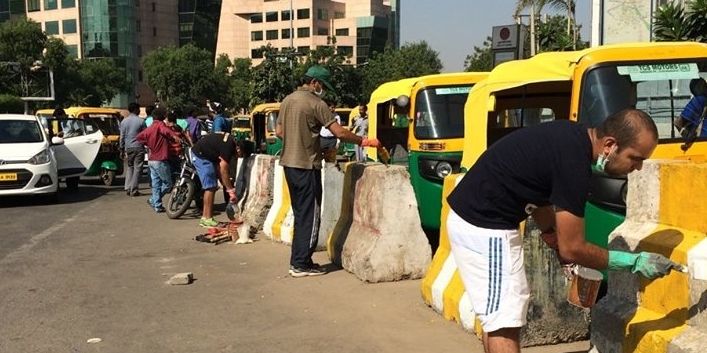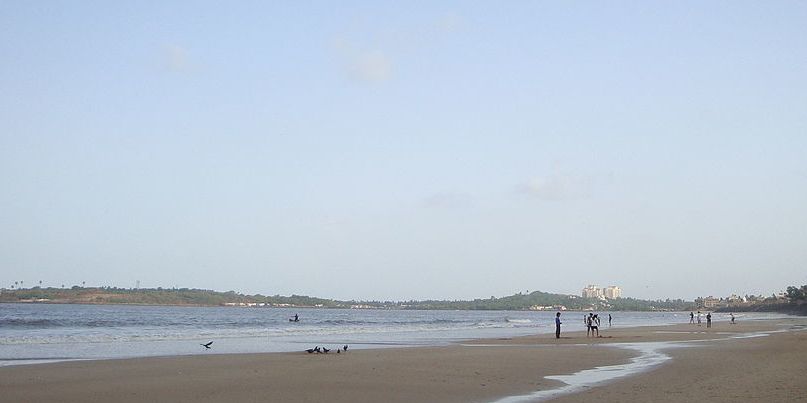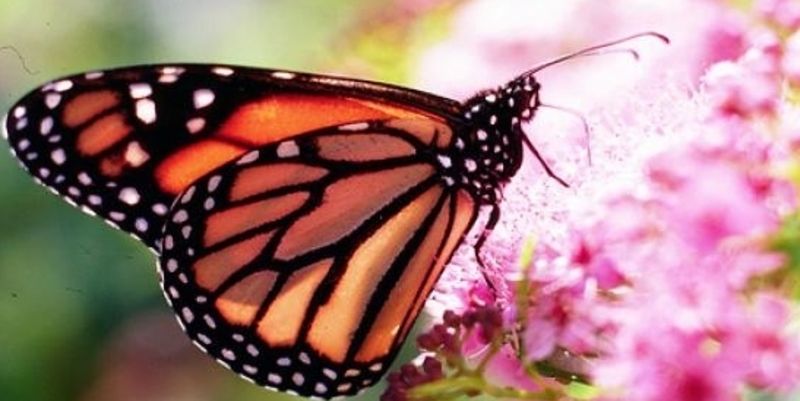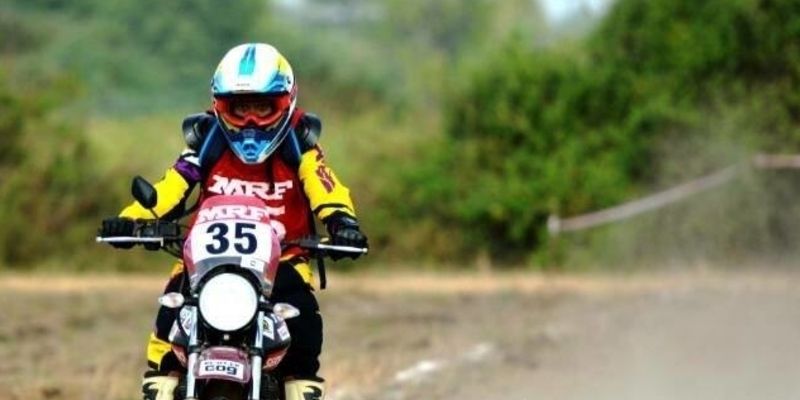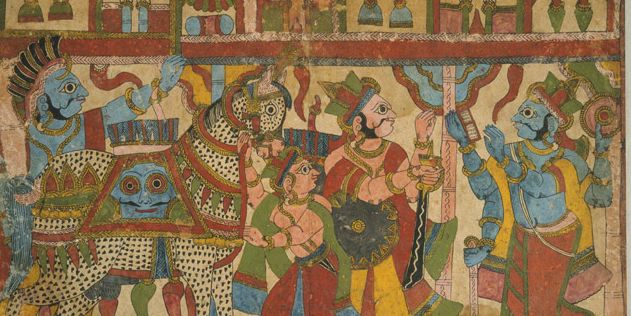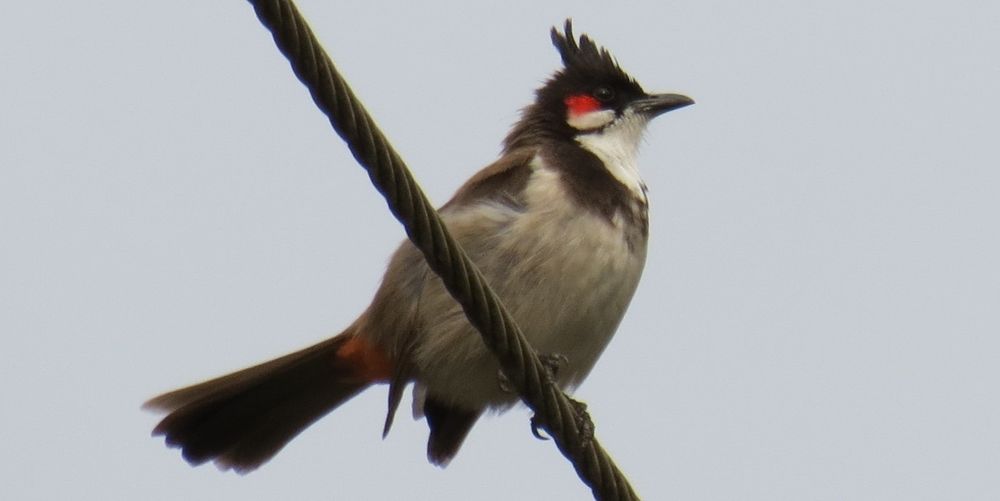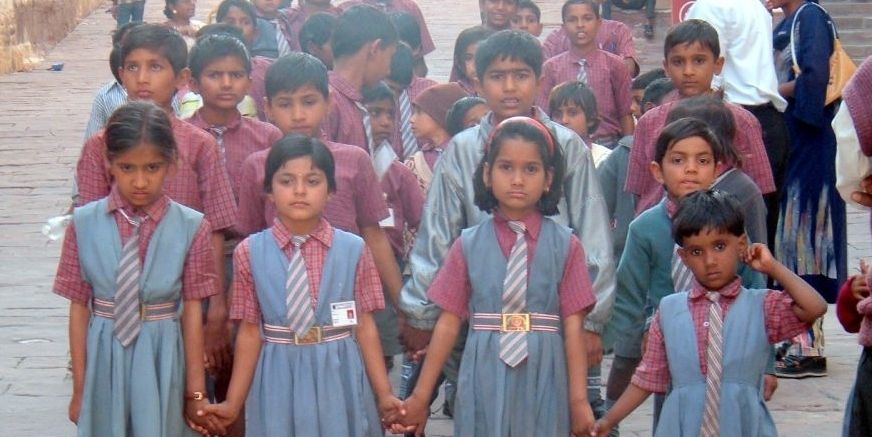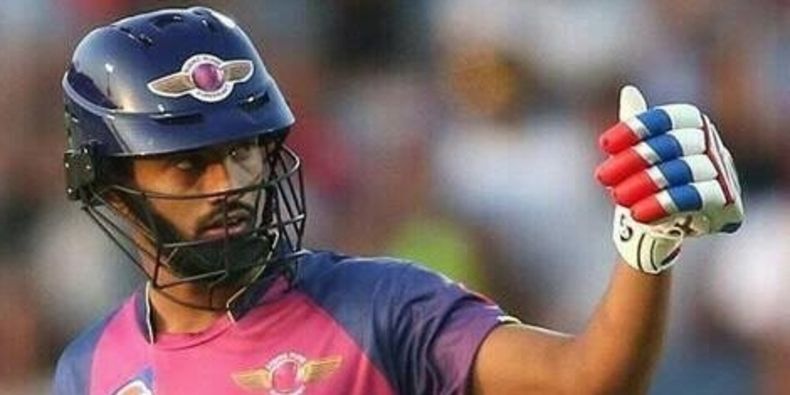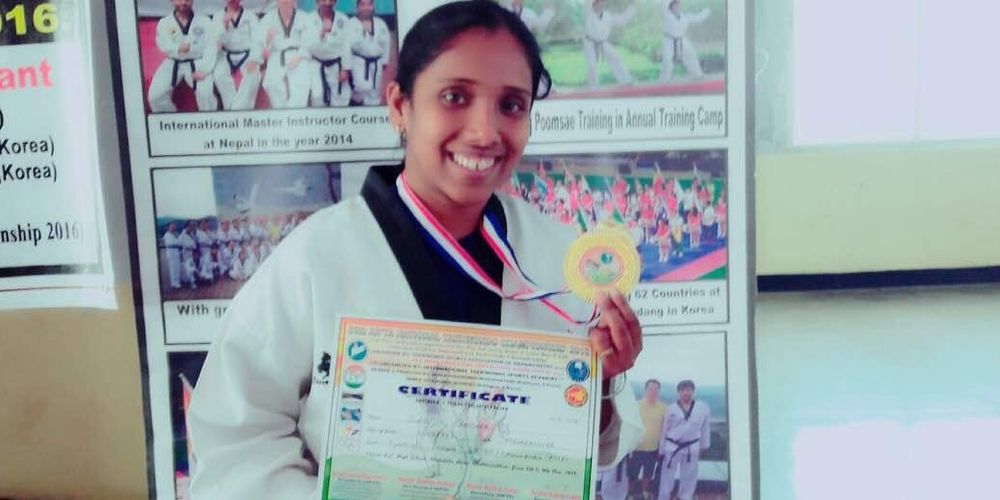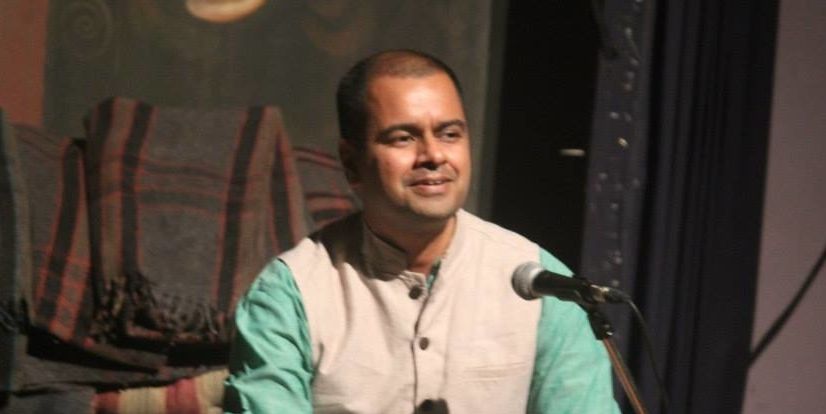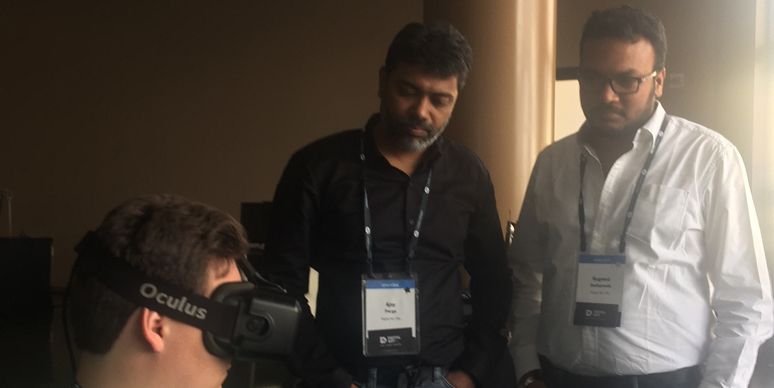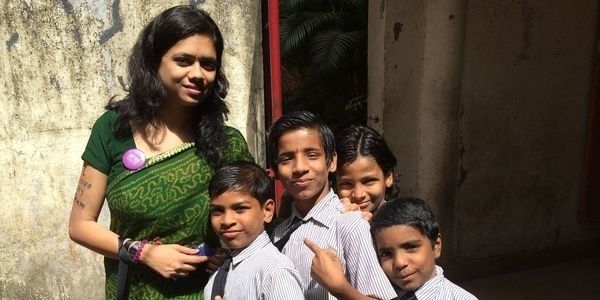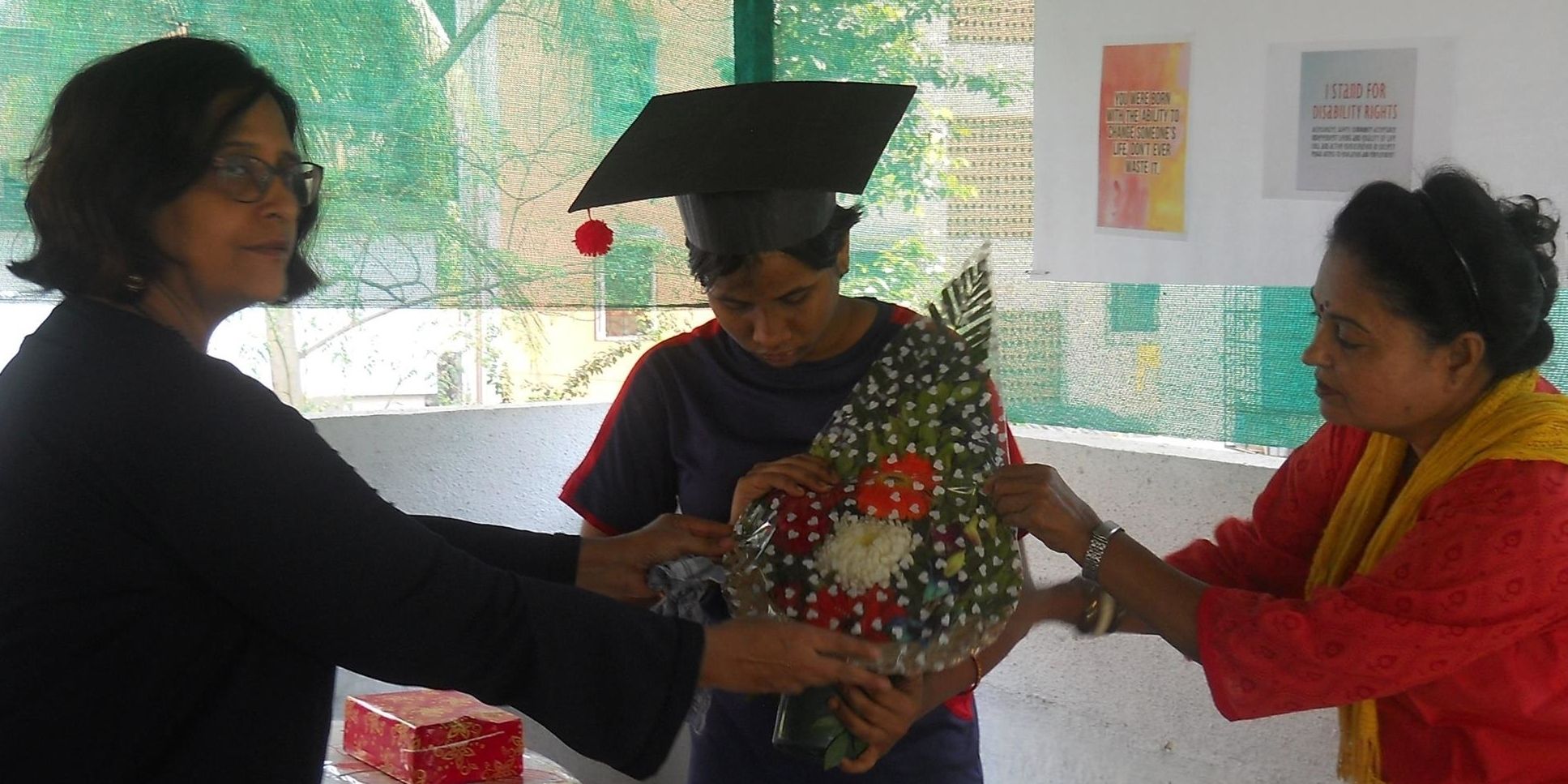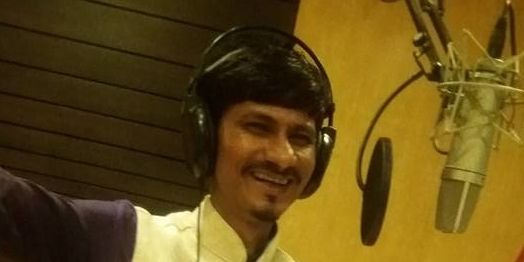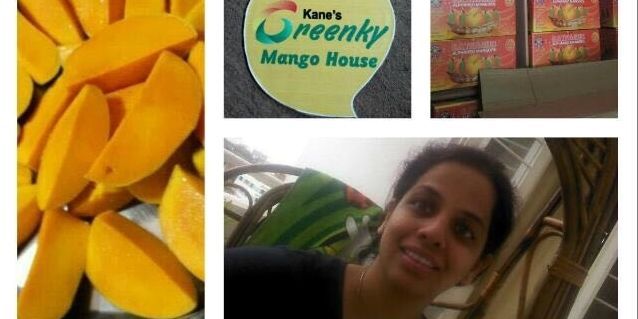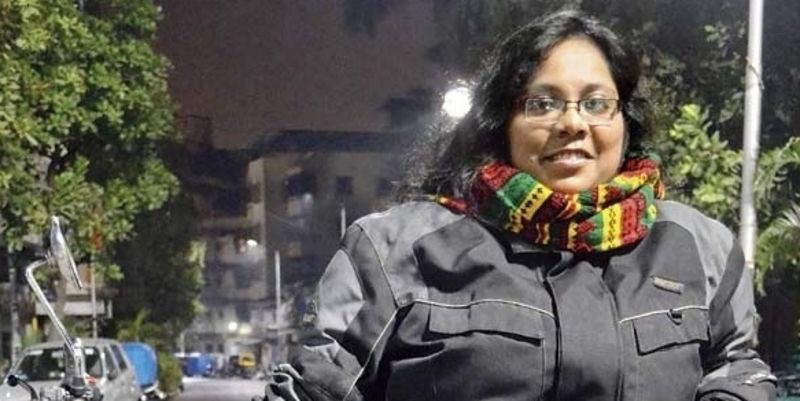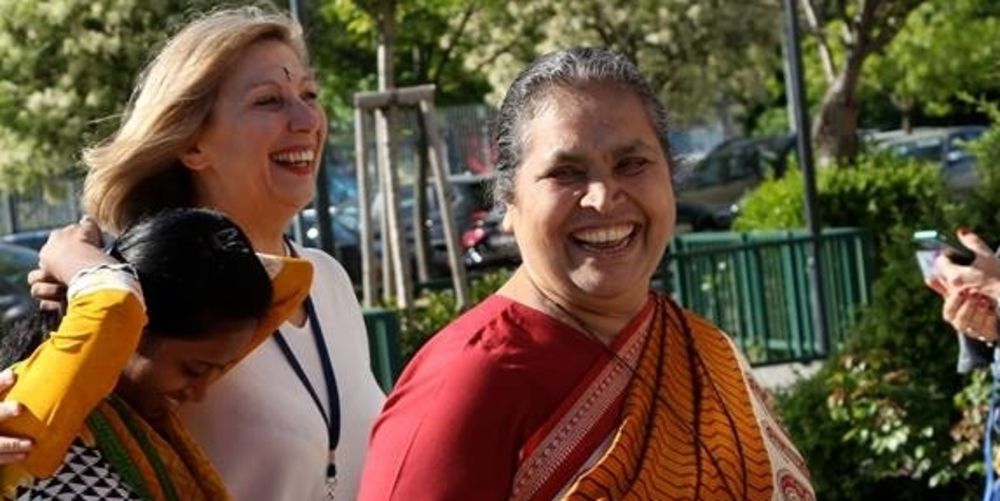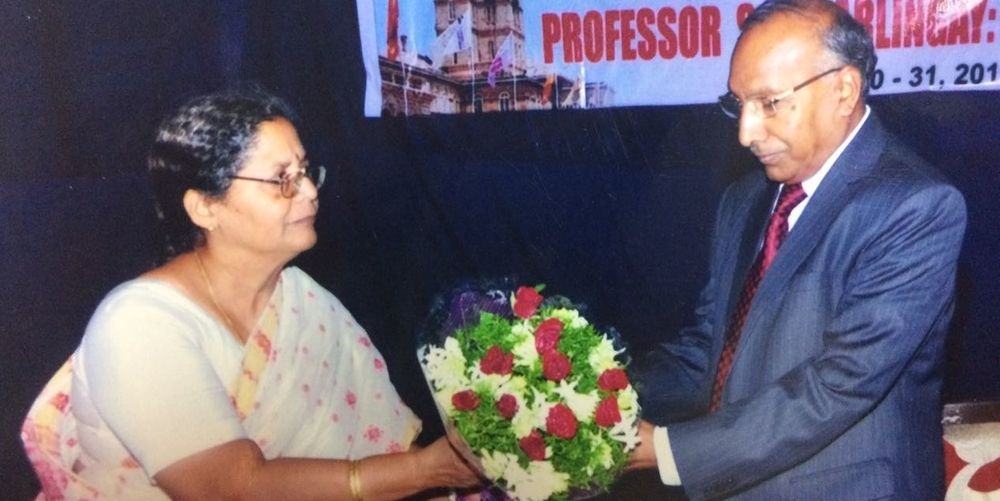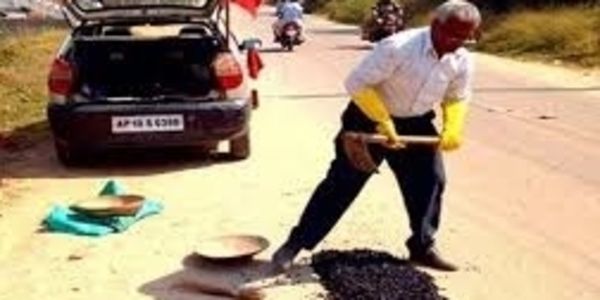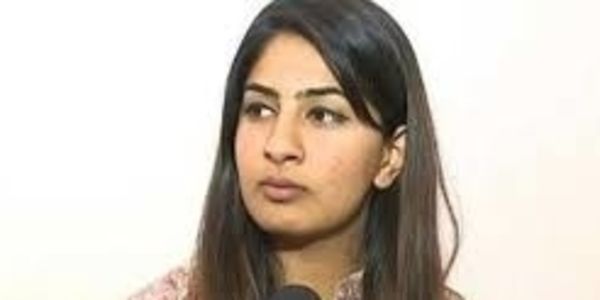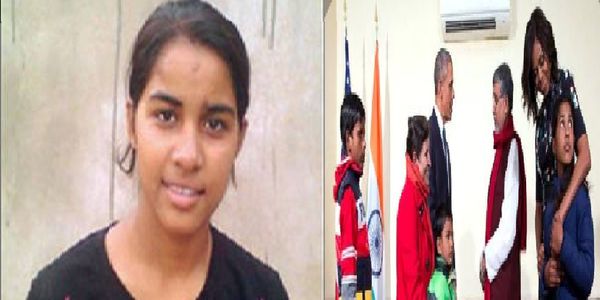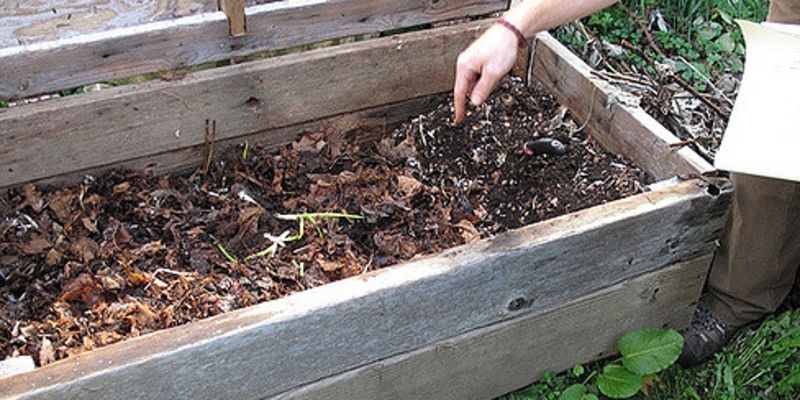A journalist who believes to be free, fair and fearless
Photo Credit: Ayush Goel - The Week
With her love for writing and exploring various aspects of journalism, Shalini Singh has bagged most of the respected awards given for Journalism in India. Working in the beats like environment and features, now Shalini is also taking her journalistic stint ahead by working as a founding trustee at People's Archive of Rural India (PARI), an online repository on rural India started by P. Sainath in 2014.
Shalini talks to My Indian Dream about journalism, and her views on women empowerment.
Tell Me about your career in Journalism? Did you always wish to be one? How many years of experience?
I have spent 11 years in mainstream journalism. I began my career with Tehelka in 2006, spending a year in Delhi and a year in Mumbai. I cut my teeth in the features beat with the organisation, which back then emphasised on the rigour and basic tenets of journalism -- field reporting. I identified with the idea that Tehelka was founded on, which was to be 'free, fair and fearless'. While that idea still stands for me, in 2013, it became a deeply ironic and sad, difficult story to report on the downfall of the organisation for my current publication, The Week.
Between 2008 and 2013, I worked with the Hindustan Times in Delhi for the main paper's features section. Those five and a half years were eventful, both personally and professionally. I suddenly lost my father in 2008 and to plug the grief I looked for professional avenues to sink my energies into. In 2010, I landed the Coastal Concerns Fellowship from the Delhi-based Centre for Science and Environment, which took me to Goa. Over two months, I reported on market pressures on land development as well as the devastation caused by illegal mining in India's smallest state. It was a wonderful experience that revealed to me the collective and solitary aspects of my profession. Little did I know that in the coming three years, the stories would also go on to win all the top Indian journalism awards in environmental reporting: the first Cushrow Irani award given by The Statesman newspaper in 2011, the Prem Bhatia award for best environmental reporting in 2012 and the Ramnath Goenka Award for best environmental reporting in the print category for 2013. Sadly, it was also the year that I lost my best friend of 27 years to sudden illness. The experiences of loss grounded me in the duality of life. While no professional success can replace personal loss, when I think about my father and friend, I am sure they would be proud of whatever I managed to achieve. The endeavour has been to remain balanced, humble and grateful.
Did I always wish to be a journalist? Not really. I was passionate about penning down essays and poetry in scrapbooks since childhood but never imagined making a career out of writing. Even though my grandfather was a celebrated science writer and till date I consider him my greatest inspiration, I thought a conventional route would be my destiny. Luckily it wasn't.
In 1999, passing out of school (Delhi Public School, Mathura Road), I took up Economics Honours at Sri Venkateswara College in Delhi University, planning to do an MBA and get into the corporate sector after that. After unsuccessful attempts, I realised my heart wasn't in pursuing that life and wanted to do something more creative. I took up a copywriting job at an international advertising agency in 2002, where I worked on accounts such as Hero Honda, British Council, Maggi etc. Once while writing copy for a yet-to-be launched Maggi soup, I happened to ask my boss, "How can I write about a product I've never tasted and don't know anything about?" He replied, "In that case, leave advertising and join journalism." I realised I only enjoyed the creative process, not the lifestyle, of the profession. I quit the job.
In June 2003, locked up in the Rajdhani train's washroom because I was on a wait-listed ticket, I was determined to make it to Bombay to sit for the mass communication entrances of Sophia and Xavier's. I got through Sophia's social communications media course that changed my life. I learnt ethics in journalism under eminent rural journalist P. Sainath, life as a reporter from Jerry Pinto, and film appreciation under department head Jeroo Mulla. They have been more than just teachers to several of us, a rarity in today's times.
Today, apart from working at The Week where I report on gender issues, review films and theatre, I am a founding trustee at People's Archive of Rural India (PARI), an online repository on rural India started by P. Sainath in 2014.
I was recently chosen as one among six international writers for Will The Flower Slip Through The Asphalt: Writers Respond to Capitalist Climate Change, a book in response to international author-activist Naomi Klein's 2016 lecture, 'Let Them Drown: The Violence of Othering in a Warming World', with an afterword by Amitav Ghosh, edited by historian Vijay Prashad and published by LeftWord books in February 2017.
You have covered environment beat specially. Tell me about that.
My work and learning in environment issues largely came about from two fellowships at Centre at Science and Environment that I landed: Coastal Concerns in Goa in 2010 and Forest Rights Act in the case of the POSCO project in Odisha in 2011.
I spent nearly two months in Goa and about a month in Odisha. In Goa, like I mentioned earlier, it was to research market pressures on land development, which is basically how the demand for holiday homes from the well-heeled folks in metros like Delhi and Mumbai was creating ruptures among the local population and natural resources in India's smallest state. I also reported on the possible existence of tigers in the state and illegal mining that was devastating the villages and residents while the top mining companies raked in more profits than the revenue of the entire state. In Odisha, I saw clashes between livelihood rights and the idea of development in the form of a big inanimate steel project that would muscle out communities and crush natural resources like fish and betel leaves -- both literally and figuratively, and who all this would actually benefit. Personally, I am not against the idea of development, but what that idea entails and the subsequent plan of action should be in consonance with all parties involved, and importantly, be mindful of the environment we exist in. Without genuine respect for all that, it's highly unlikely we can talk of true harmony at a broader level, not just in India but anywhere.
You have also written a book. Your experience.
My essay in the book, Will The Flower Slip Through The Asphalt: Writers Respond to Capitalist Climate Change, is titled 'Others in Arms', where drawing from all the work I have done in environment, I try to make a case for greater social engagement across communities, ideological groups, everyday people, to first at least listen to viewpoints that might be completely different to their own. The book is a response from six writers across the globe to a 2016 lecture given by author-activist Naomi Klein on the idea of 'othering' in a world battling warming. The situation isn't restricted to one place, country or community, but how it finds resonance in local stories and people whether we are India, Malaysia, Brazil, America or Pakistan.
Awards that you won in your journalistic career.
Individual awards
1. Ramnath Goenka Excellence in Journalism Award for best environmental reporting in the print category in 2013
2. Prem Bhatia Memorial award for the best environmental reporting for 2012
3. First Cushrow Irani Prize for Environmental Reporting given by The Statesman newspaper, Kolkata in 2011
4. In the final short-list for the CMS-PANOS Young Environment Journalists Awards in 2011
Team awards
5. Laadli Media and Advertising Award for Gender Sensitivity in 2012-2013
Part of the editorial team at Hindustan Times that won it for a feature titled ‘Enough is Enough’ highlighting the life-long saga of violence and discrimination faced by women
6. Karpoor Chandra Kulish International award for excellence in print journalism in 2011
Part of the editorial team at Hindustan Times that won it for ‘Inspired India’, a series on inclusive development
How have you taken the Journalism knowledge to the youngsters.
I have lectured journalism students at Ashoka University, interacted with students in Kolkata and Santiniketan. I have also spoken about the state of Indian journalism at various platforms that have invited me over the years. At PARI, I have started mentoring young and women reporters, one of them is based in a far-flung region, on how to report and develop their stories for print, visual and web formats. The profession has given me much, I am interested in its evolution and would like to pass on the skills I've learnt to others.
Do you believe in Women's Day per say?
Over the years, Women's Day seems to have become more of a consumerist exercise in giving away freebies, discounts or offers to women, especially to those who can anyway afford these products and lifestyles. The idea of a dedicated day should ideally lead to greater awareness on gender issues and rights that would make way for real change to take place, and not become restricted to cocooned spaces, converted groups, mere tokenism or lip service. If that's not happening, we should be introspecting.
Your take on women empowerment.
I like to take a humanist approach to empowerment. All human beings are equal. Freedom to think, choose, live etc is sacrosanct and everyone's equal right. Patriarchy isn't restricted to men. Men and women are not on the opposite sides of the debate and struggle for equality. The more we can transcend shackles at individual levels, greater the chance for collective change for the better. Inculcating empathy would be a good starting point.

